2 Phases & 12 Steps To Build Your First Online Pharmacy







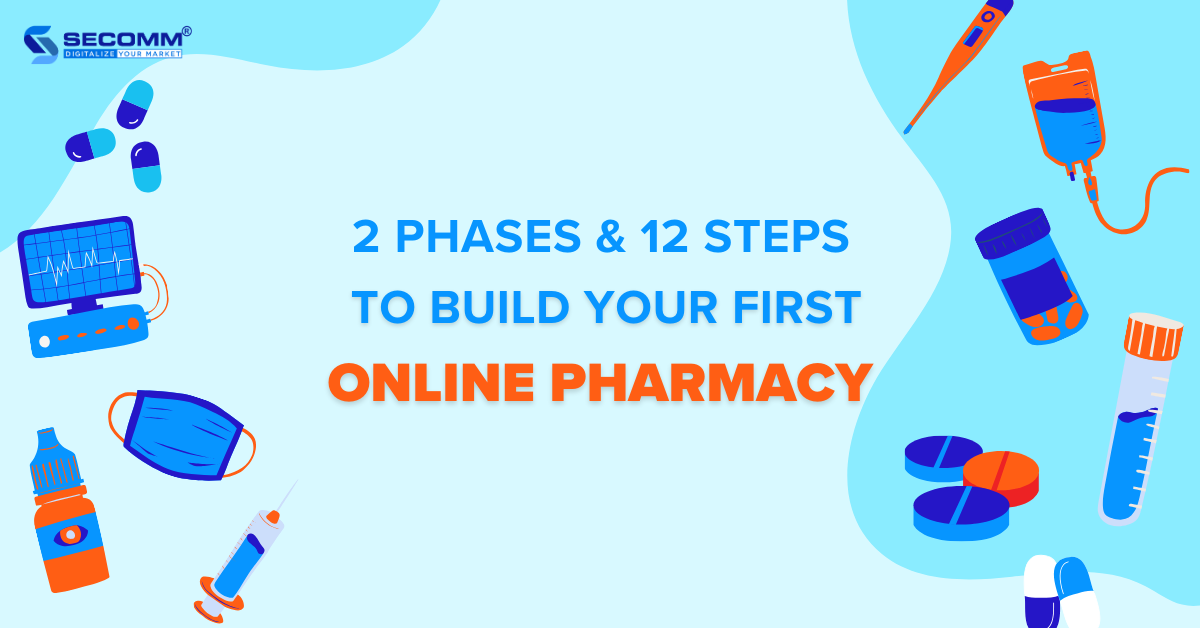
Since the advent of the COVID-19 pandemic, the pharmaceutical industry has proven the potential of transitioning from offline to online pharmacy. In the United States, the number of remote health consultations surged by 2,600% in March 2020 (during the peak of COVID-19 in the U.S.) compared to the same month in 2019. According to Statista, the global pharmaceutical eCommerce sector is projected to reach 32 billion USD by the end of 2023.
Several brands have successfully embraced eCommerce early on, achieving unexpected successes. Examples include Apollo Pharmacy (India), FPT Long Châu (Vietnam), CVS Health (USA), and Droga Raia (Brazil). The common thread among these brands lies in their comprehensive eCommerce platforms, catering to the shopping needs of customers for healthcare, pharmaceutical, and medical products.
With nearly 10 years of experience in the eCommerce sector, SECOMM has outlined the journey of building pharmaceutical eCommerce websites for the Vietnamese market.
1. Phase 1: Building a basic online pharmacy
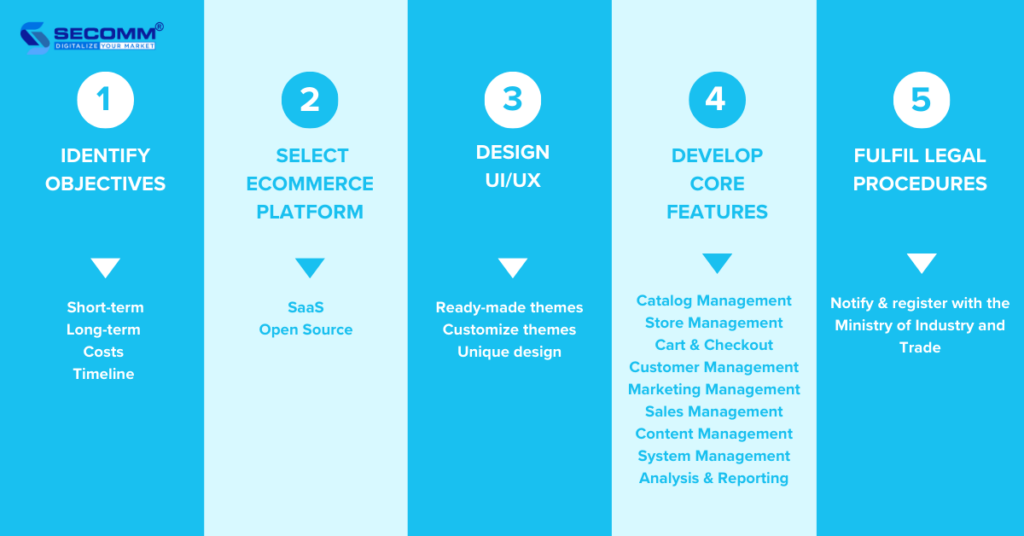
Identify objectives
The first thing to do is identify and prioritize goals to plan the pharmacy eCommerce website development for each phase.
In the long run, businesses can consider goals like branding, generating potential customers, and optimizing online and offline operations.
For short-term goals, businesses should prioritize objectives like monitoring and analyzing customer behavior, evaluating marketing campaigns, and revenue growth.
In the first phase, businesses can decide to deploy quickly to enter the market or proceed gradually to test and adapt to this eCommerce world.
Select eCommerce platform
There are two types of platforms to help businesses facilitate pharmacy eCommerce websites: SaaS (Software as a Service) and open source.
Some popular SaaS eCommerce platforms include
- Haravan: Founded in 2014 based on Shopify, Haravan has become popular in the Vietnamese eCommerce community for B2C businesses or those dealing with low-involvement products. It offers quick deployment with reasonable fees.
- Shopify: It is a widely used eCommerce platform allowing businesses to build, develop, and manage their online stores. Shopify offers an intuitive interface, making it easy for users with limited technical skills to operate eCommerce efficiently.
- BigCommerce: Designed to be easy to use, BigCommerce empowers businesses of all sizes and technical skills to start their journey to build a professional eCommerce website.
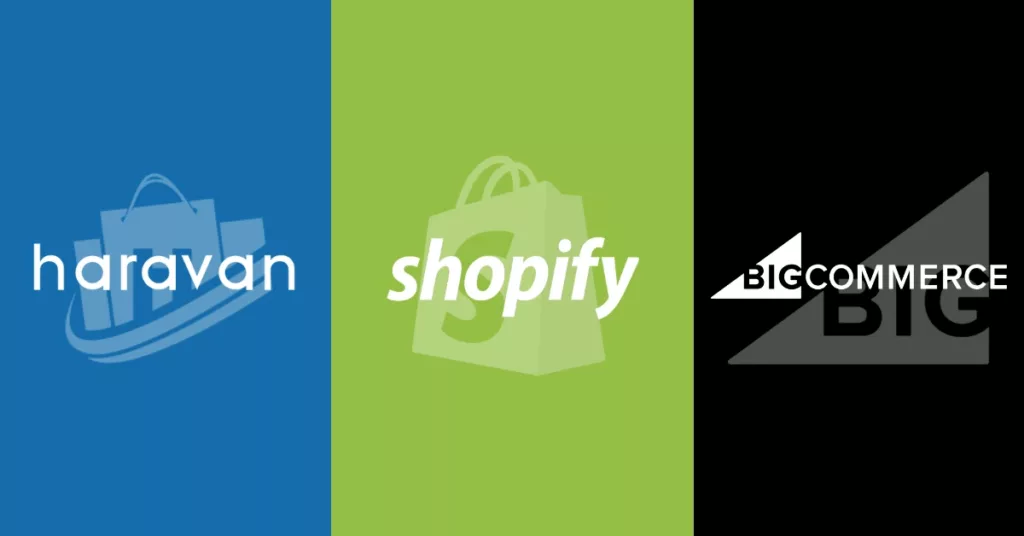
Some outstanding open-source eCommerce platforms include
- Adobe Commerce (Magento): Adobe Commerce is an open-source eCommerce platform designed specifically for businesses ranging from medium to large scale, with high growth and extensive customization and expansion needs. It includes two main versions: Magento Open Source (free) and Adobe Commerce (paid).
- WooCommerce: WooCommerce is a free WordPress plugin that allows brands to set up eCommerce websites by adding eCommerce functionality to an existing WordPress website.
- OpenCart: OpenCart is an open-source eCommerce platform based on the PHP programming language, developed by Daniel Kerr in 1998, with two versions: Free (Open Source) and Cloud Store (Paid).
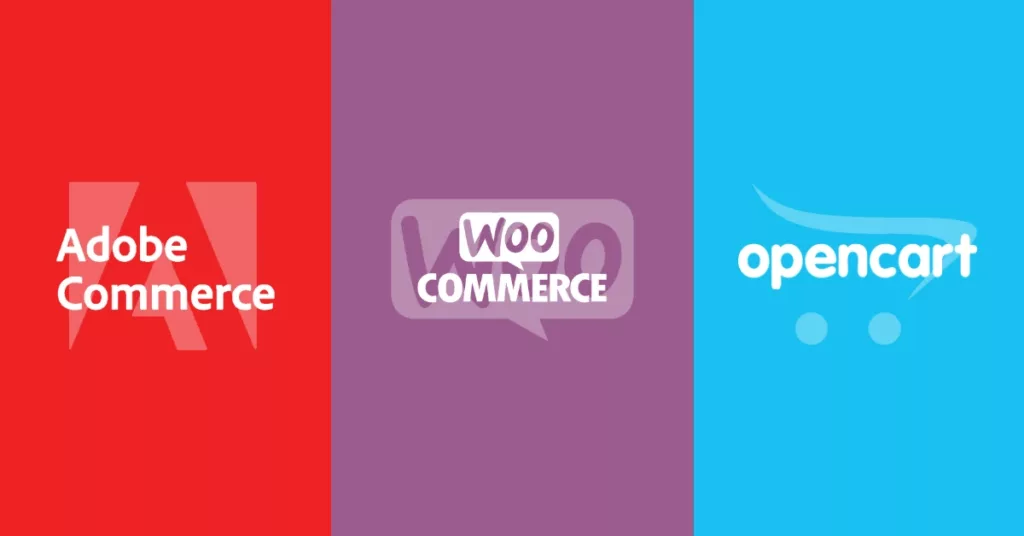
Typically, new eCommerce businesses will choose SaaS platforms to save time and budget in the initial phase of building a basic eCommerce website or an online pharmacy. Then, businesses will re-platform to an open-source platform to develop more advanced eCommerce systems.
However, some businesses decide to build their eCommerce websites in the basic phase on an open-source platform and then upgrade the system over time to remove the re-platforming step in the later phase.
Design UI/UX
When designing the interface, businesses need to meet basic criteria such as UI/UX standards, showcasing the brand’s characteristics, maintaining consistent product presentation, providing sufficient user guidance, etc.
When it comes to UI/UX design, it’s important to showcase the brand image, products, user guide, etc.
There are three ways to design UI/UX:
- Using ready-made themes: This way helps businesses optimize design costs but may limit brand positioning as it can lead to theme duplication with other websites
- Customizing themes: Balancing cost savings and adding some brand identity elements such as color, font, layout, etc. However, to customize themes effectively, a specialized and experienced team is required.
- Designing a custom theme: Businesses will have a website tailored to their brand. However, this approach requires more investment in design costs and time.
In this phase, businesses often choose ready-made themes to minimize costs, but some financially robust businesses may opt for the other two methods to better position their brand.
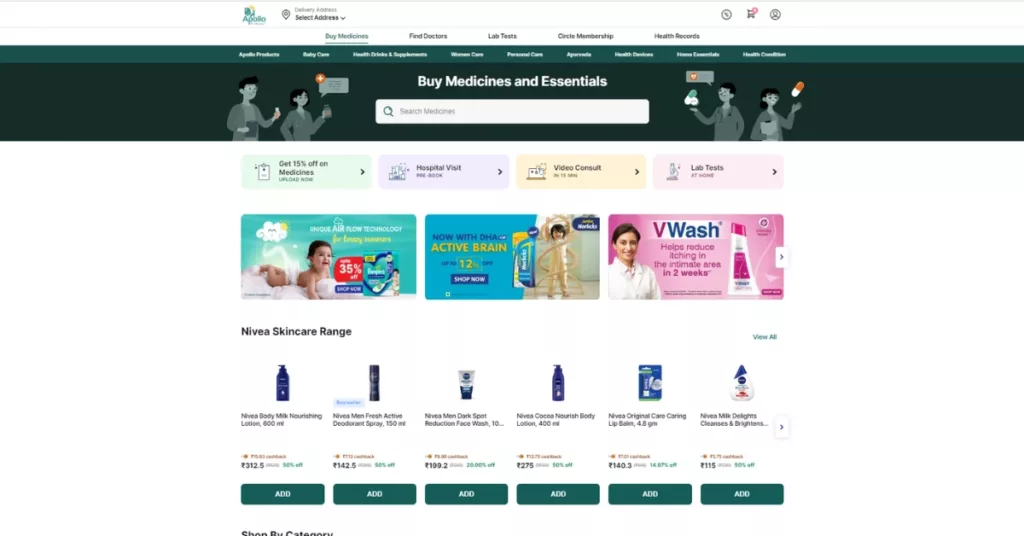
Develop core features
In the basic development phase, businesses should prioritize developing core features for an online pharmacy.
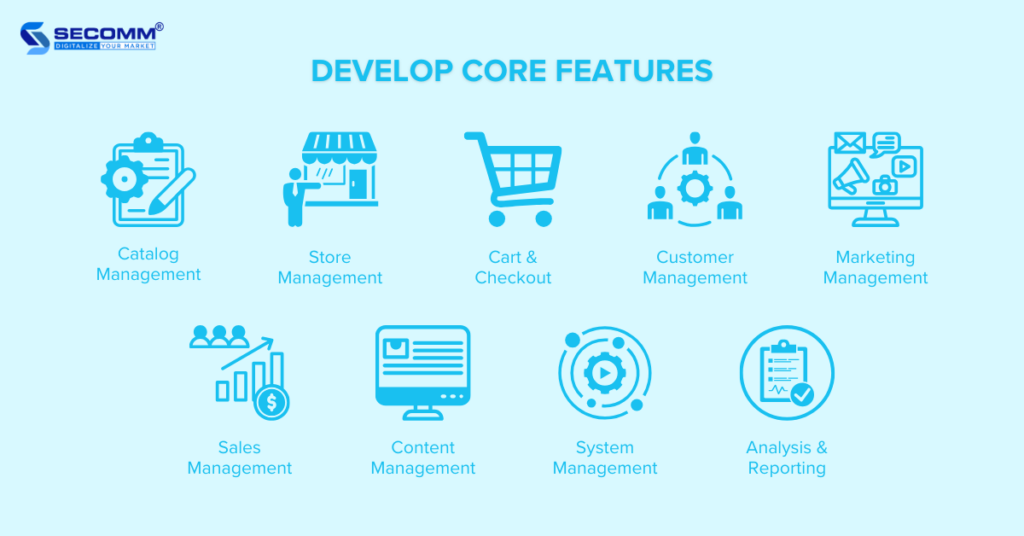
Some essential features that a pharmacy eCommerce website should have include
- Catalog Management: Control product data, features, categories, prices, inventory quantities, and images/videos for smooth operations and optimal business performance.
- Store Management: Handle product inventory, control the business activities, and manage personnel for each branch.
- Cart & Checkout: Manage the shopping cart and customer checkout information.
- Customer Management: Manage customer information to improve marketing effectiveness, shopping experience, and overall customer satisfaction.
- Marketing Management: Optimize SEO and implement marketing programs using supporting tools to boost sales for the business.
- Sales Management: Establish and operate sales processes, orders, payments, and shipping.
- Content Management: Develop and optimize all content-related aspects for CMS pages, image storage, theme customization, and website design.
- System Management: Administer user roles, and explore best practices in terms of security, maintenance, and system care for the website.
- Analysis & Reporting: Support to track, and measure the performance of the eCommerce system, and plan for future strategies
Fulfill legal procedures
After developing features and ensuring a successful testing and website launch, businesses are obligated to complete the legal procedures associated with eCommerce operations.
According to Decree 52/2013/ND-CP by the Government of Vietnam, any individual or organization owning an e-commerce website for sales is required to notify or register with the Ministry of Industry and Trade through the online public service portal of the Ministry of Industry and Trade.
Note: Websites that operate beyond the specified period or fail to register/notify the authorized management agency within the designated timeframe may be subject to administrative penalties as per regulations.
2. Phase 2: Developing an advanced online pharmacy
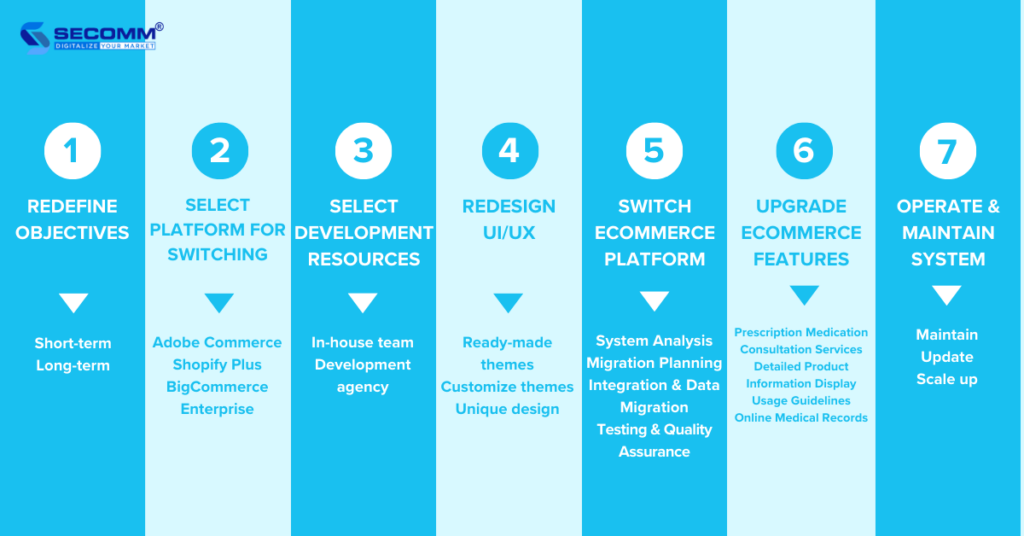
Redefine objectives
In the process of business development and amidst significant market changes, it’s important to realign goals to suit the evolving landscape. This time for business leaders to redefine objectives regarding the overall strategy, timeline, and budget for investing in the pharmacy eCommerce website.
During this phase, businesses often focus on short-term and long-term goals related to expanding the online pharmacy
For long-term goals, businesses may consider goals such as expanding market segments, establishing a loyalty program, and cultivating shopping habits for healthcare products, pharmaceuticals, and medical equipment.
For long-term goals, businesses may prioritize goals related to tapping into new potential customers, revenue growth, and supporting eCommerce marketing strategies such as livestreaming, gamification, affiliate marketing, and influencer marketing.
Select a platform for switching
When SaaS platforms can’t support businesses to expand the system anymore, re-platforming to another robust platform is a top choice. Platforms like Adobe Commerce, Shopify Plus, and BigCommerce Enterprise can help businesses facilitate a deeply custom pharmacy eCommerce website.
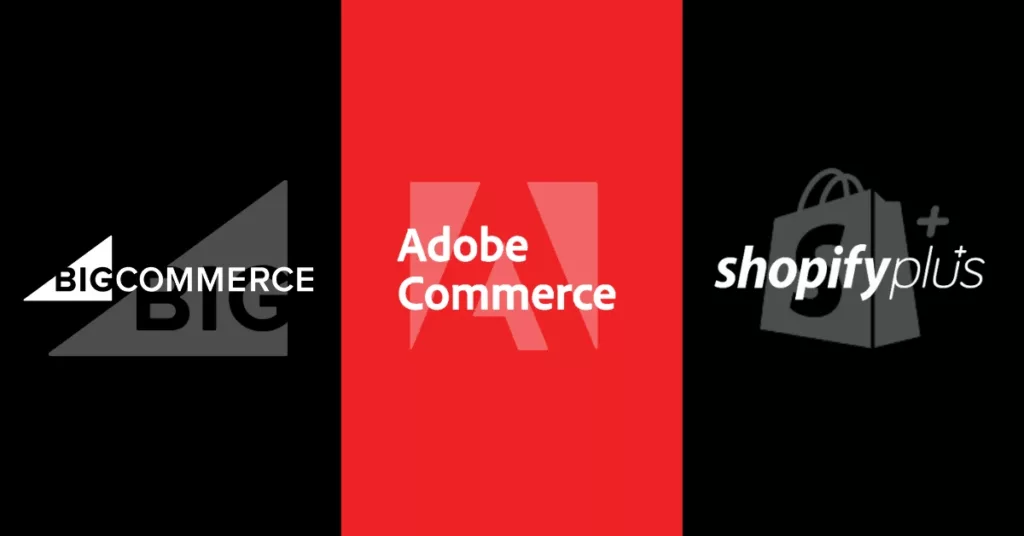
When re-platforming, businesses have challenges such as switching costs, time to train personnel, and data loss throughout the platform migration process.
Select development resources
To build a high-complexity online pharmacy on a professional platform, businesses need resources to facilitate it effectively.
Businesses can decide to build an in-house team or seek a development agency. Regardless of the choice, it requires businesses to have practical experience on the selected platform.
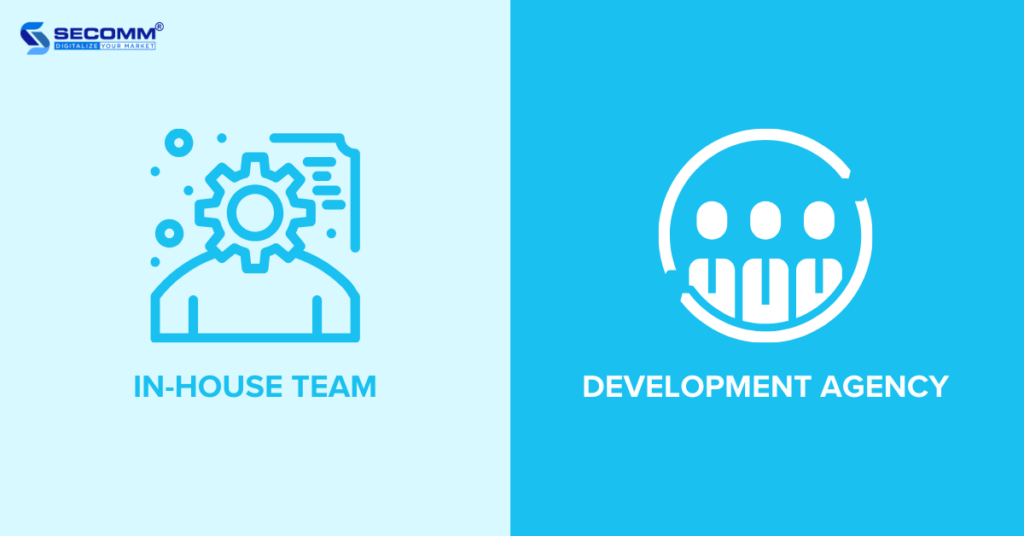
For building an in-house team, businesses need to recruit and train IT and eCommerce personnel to develop on the selected platform. This option may take time and budget to establish a high-performing team but it allows the business to have better control over resources and actively adjust or develop the website system.
In case businesses hire a development agency, here are some criteria to consider:
- Deep Experience in eCommerce: Number of years of experience; Quantity and quality of completed projects; Complexity level of the finished projects.
- Professional Team: Solution consulting specialists; eCommerce specialists; IT personnel; and Customer support.
- Straightforward Process: Analysis; Proposal of solutions; Development timeline; Testing and system maintenance.
- Handling Capabilities: Prompt support; Commitment to warranty and maintenance.
Partnering with a professional development agency will help businesses gain specialized knowledge, enhance experience, and create an online pharmacy tailored to the specific needs of the industry.
Redesign UI/UX
During the platform migration process, businesses can keep the current website design without making any changes. However, some businesses tend to redesign their websites to align with new strategies and the new platform.
Similar to the previous phase, businesses have three options to design their pharmacy eCommerce websites: using ready-made themes, customizing themes, or designing a unique interface.
However, in phase 2, businesses often decide to customize themes or design a unique interface to express the brand image and the pharmaceutical eCommerce industry.
Switch eCommerce platform
After the right eCommerce platform for migrating, businesses should carry out the process to minimize the risk of data loss or errors. Typically, the migration process is automated as much as possible to avoid potential issues.
The migration process includes the following steps:
- System Analysis: Evaluate the current system in detail, including the database, interface design, integrations, and implemented customizations.
- Migration Planning: Develop a detailed plan for the conversion process, including timelines, resources, and participants.
- Integration and Data Migration: Extract data from the old system and transfer it to the new system, including information about products, orders, customers, and other relevant data.
- Testing and Quality Assurance: Conduct comprehensive testing to identify and rectify errors, ensuring that the website operates smoothly and securely.
After re-platforming, the business needs to perform thorough checks to ensure that the data has been migrated completely and accurately according to the plan.
Upgrade eCommerce features
Beyond core features, businesses should focus on building a system with more complex features, including advanced and industry-specific functionalities for pharmaceutical eCommerce.
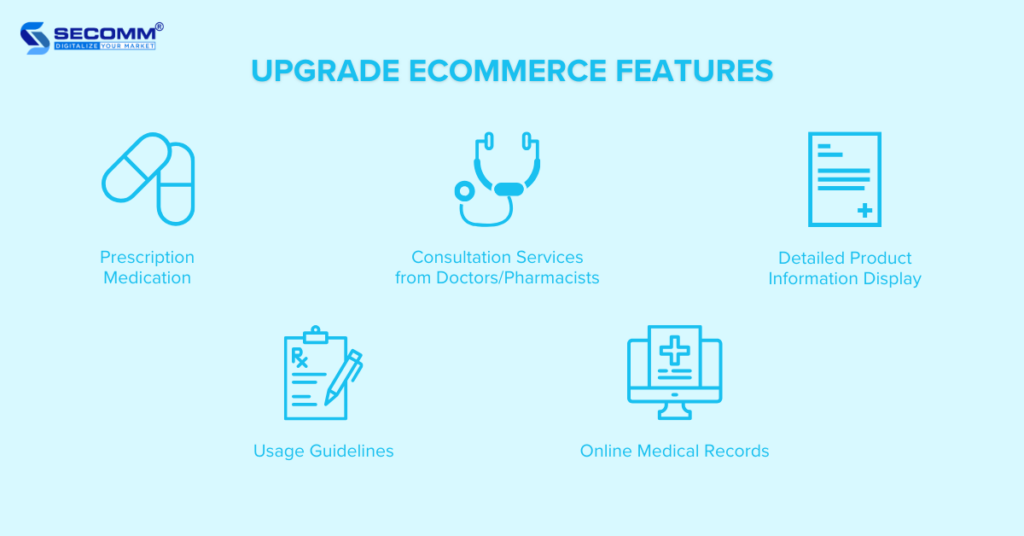
- Prescription Medication: Provide prescription medications based on the doctor’s indications and instructions.
- Consultation Services from Doctors/Pharmacists: Offer health consultation services and online medical examinations as needed.
- Detailed Product Information Display: Provide comprehensive product information, including the name of the medication, ingredients, indications, dosage, usage instructions, side effects, warnings, expiration date, and pricing.
- Usage Guidelines: Provide instructions for the use and dosage adjustment for all medical products, with a reference to the advice of doctors/pharmacists.
- Online Medical Records: Store patient medical records and test results on the system’s information portal.
In addition, businesses need to consistently update and enhance these features to meet user needs and keep pace with market trends.
Operate & maintain system
When testing the eCommerce system, businesses need to thoroughly check the entire website and its features over a specific period to ensure order processing speed and website stability. If any issues arise, businesses should immediately contact the in-house team or development partner to adjust and improve the website accordingly before officially going live.
Once the pharmacy eCommerce website system is stable, businesses should focus on eCommerce marketing strategies or Omnichannel approaches to enhance their online pharmacy.
Additionally, regular maintenance, updates, and continuous system upgrades are essential to sustain growth and quickly adapt to changes in the eCommerce market in general and the healthcare market in particular.
The Bottom Line
In general, the journey of building a pharmacy eCommerce website in Vietnam is not an easy task. This work demands substantial investments of time and budget from businesses to research the most suitable eCommerce strategy for each stage of their development.
Understanding the challenges that businesses may encounter when building an online pharmacy, SECOMM is ready to provide custom solutions for developing an eCommerce system.
Contact SECOMM or call the hotline at 028 7108 9908 for a free consultation.






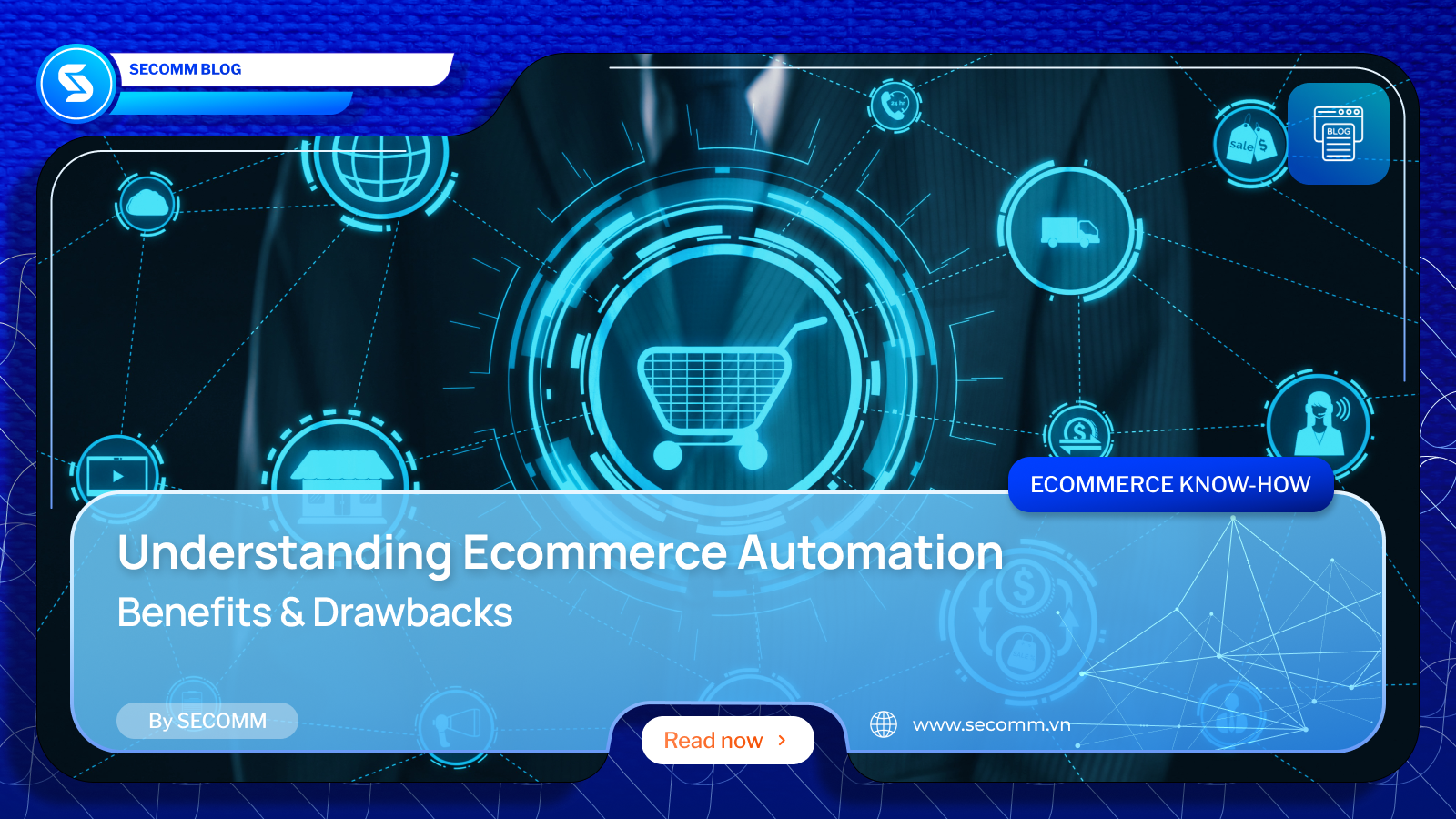
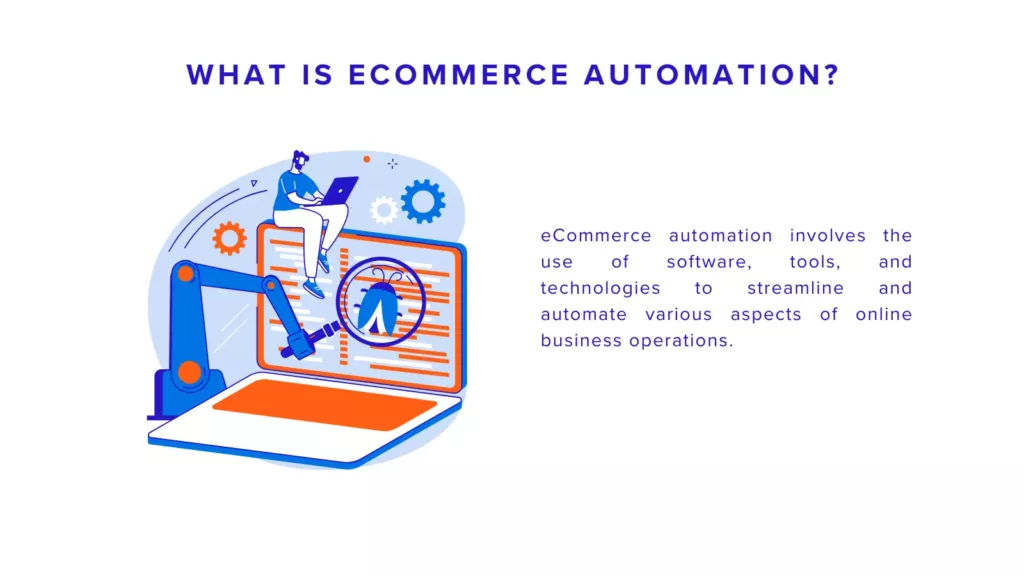
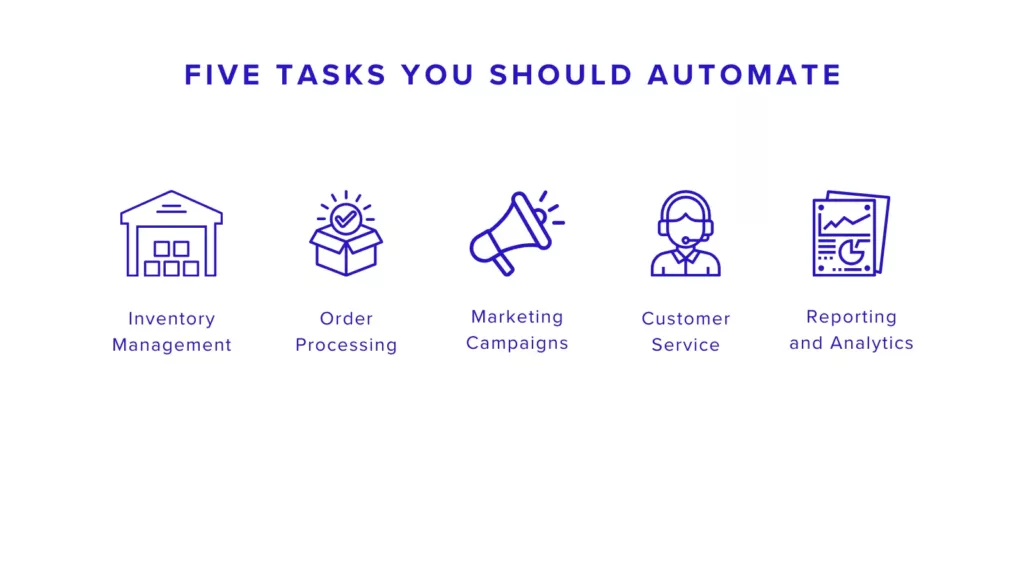
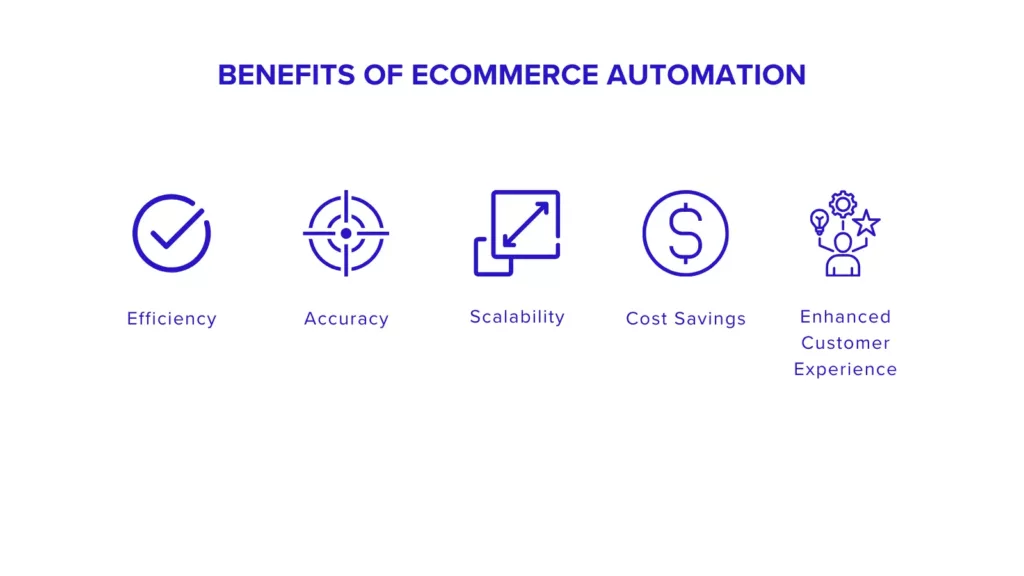
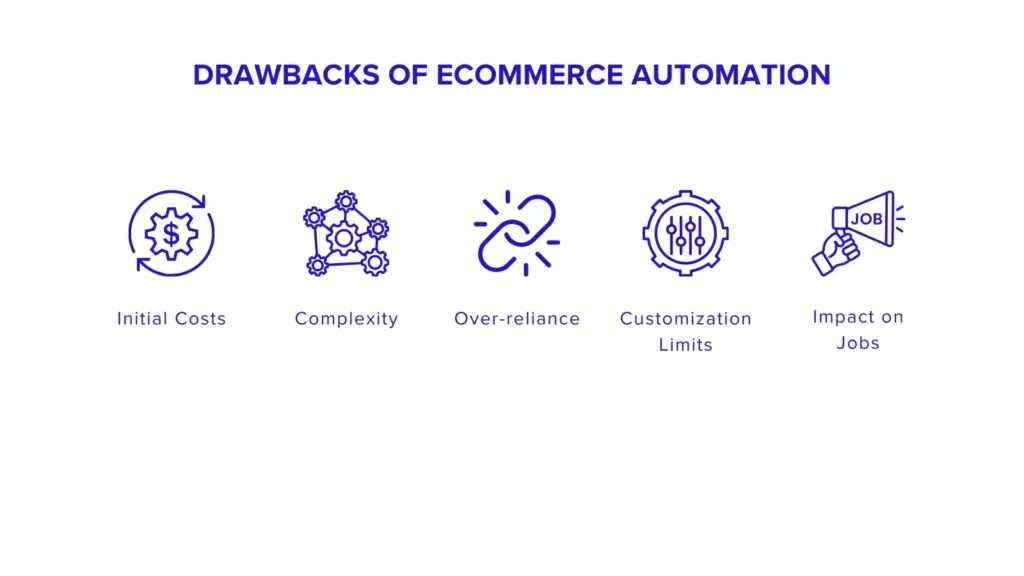

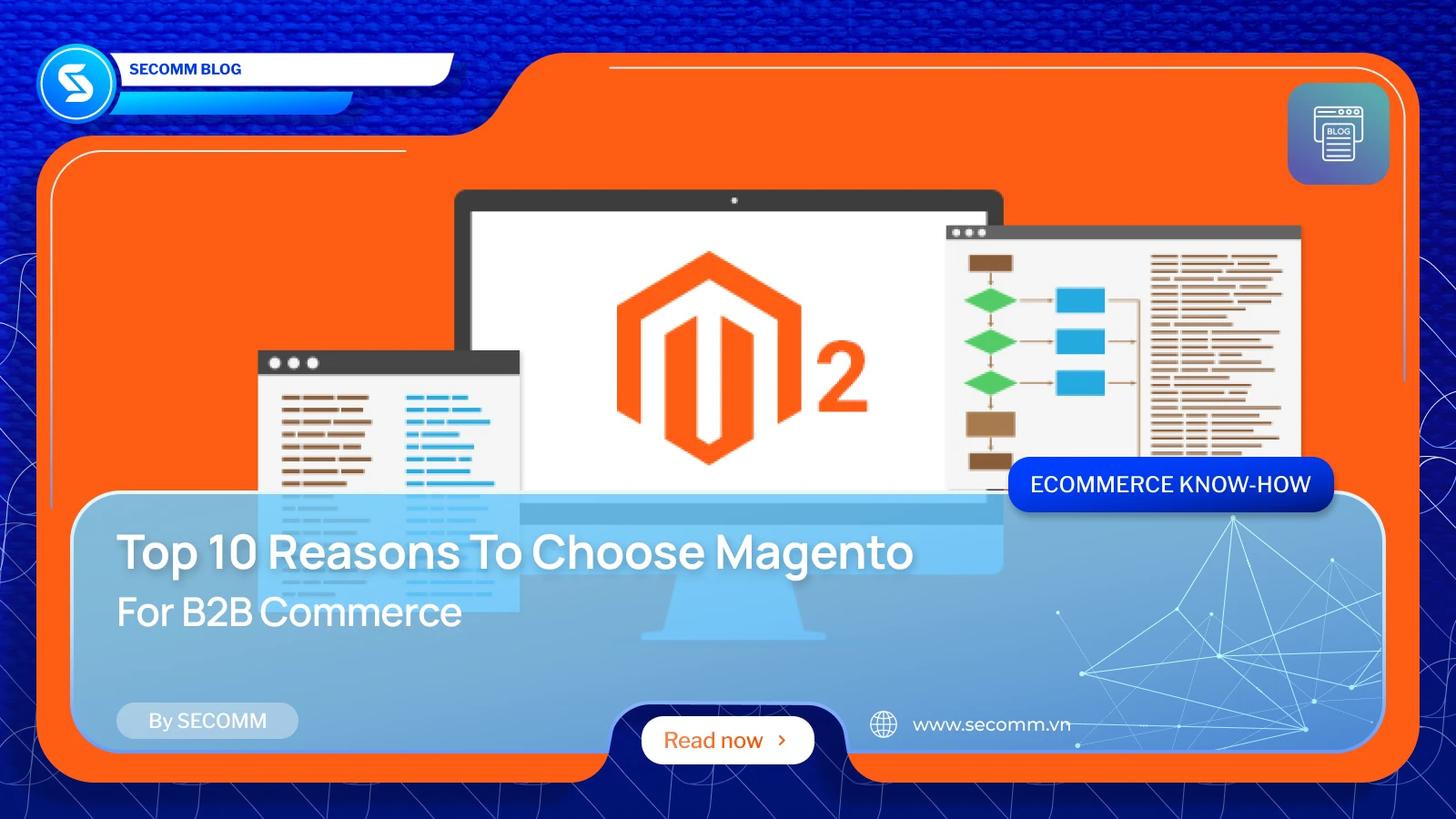
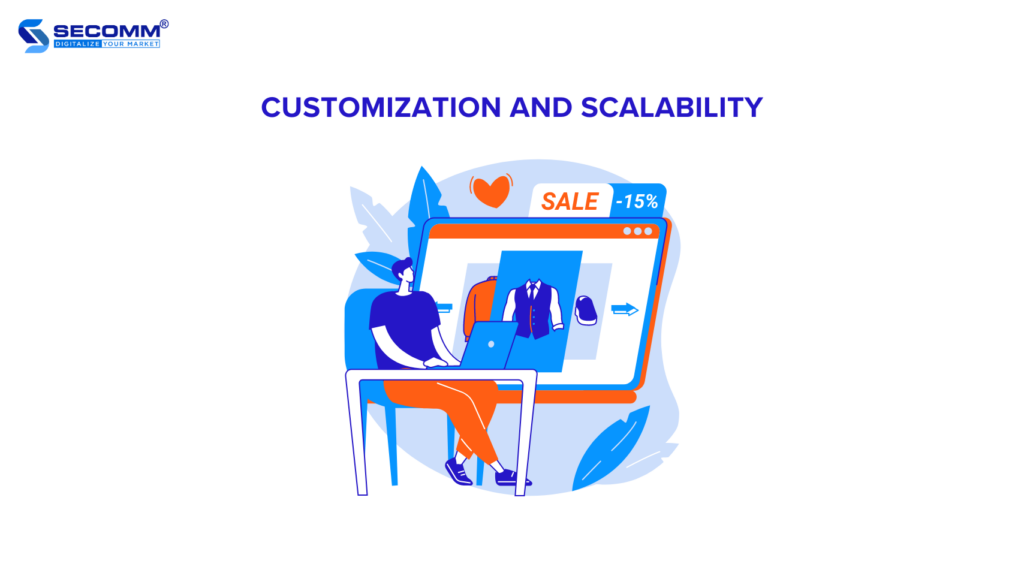
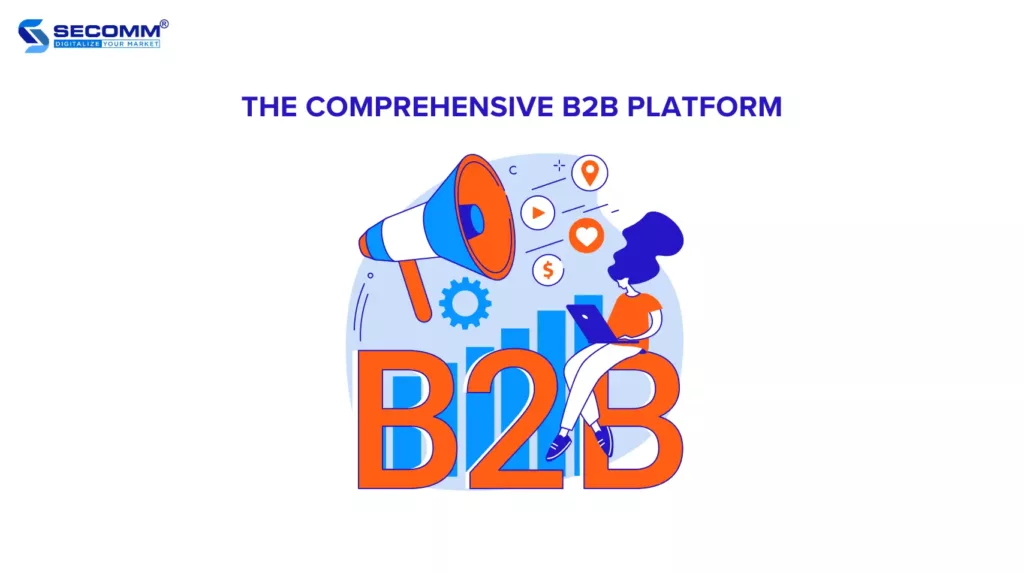
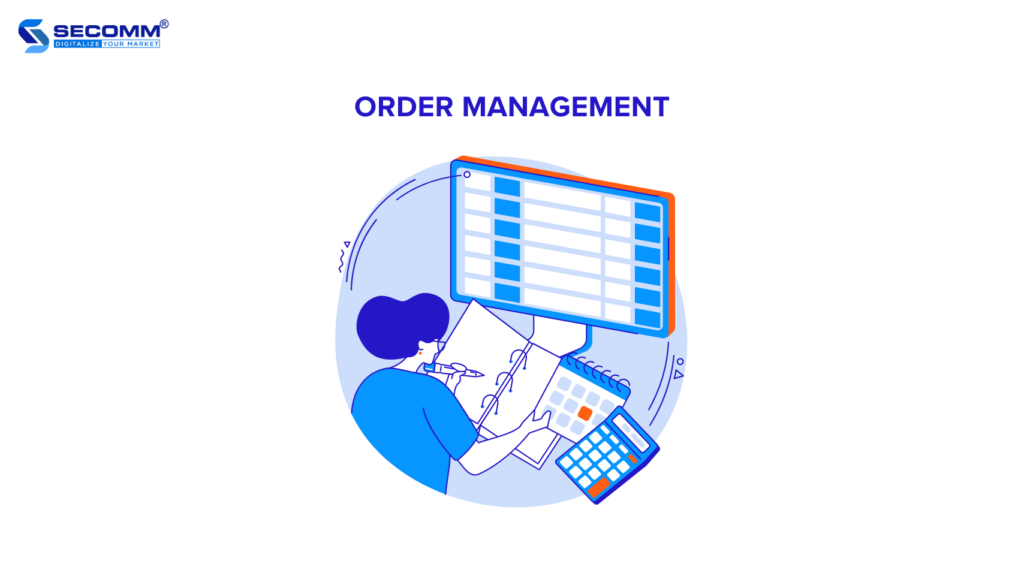
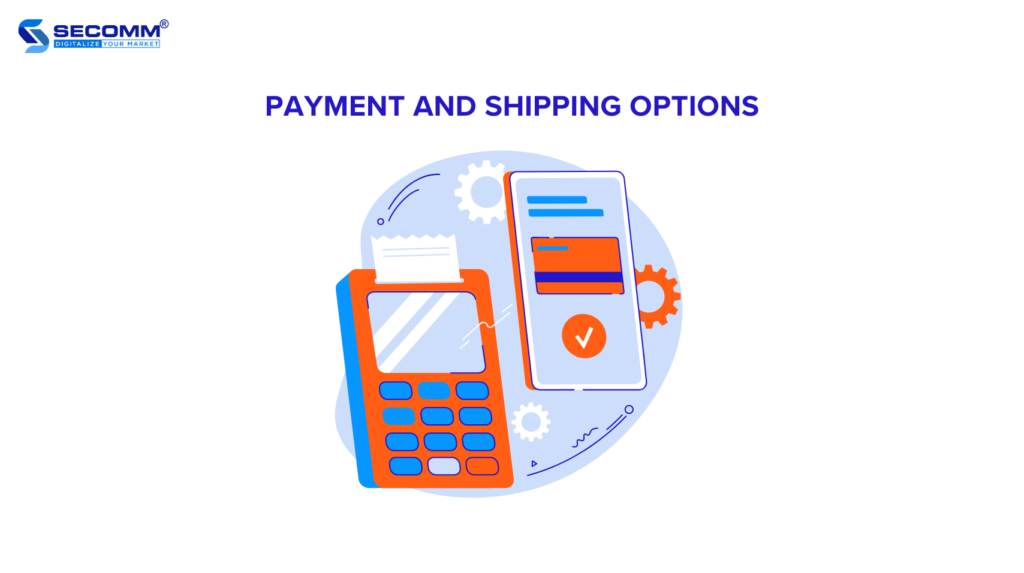
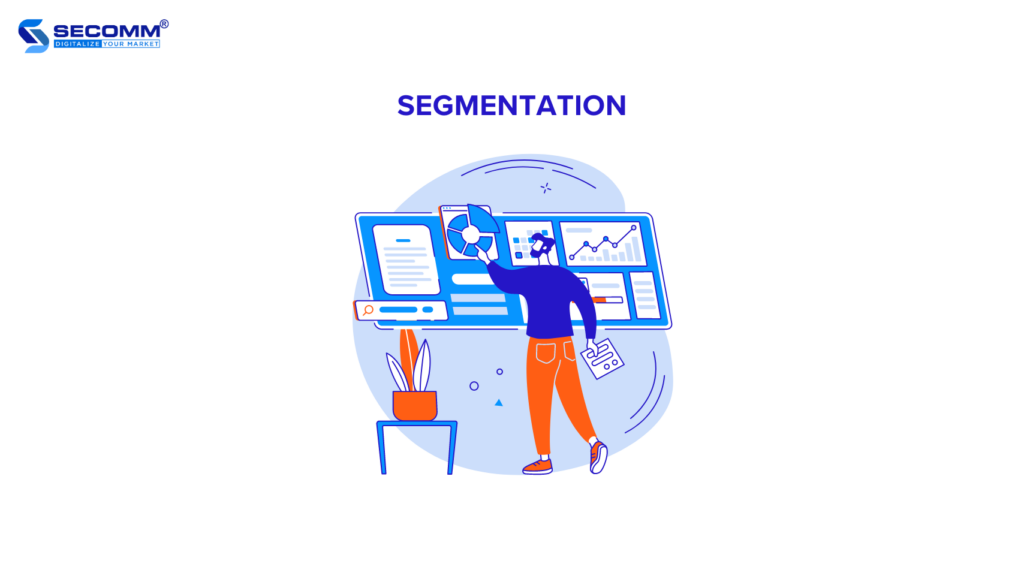
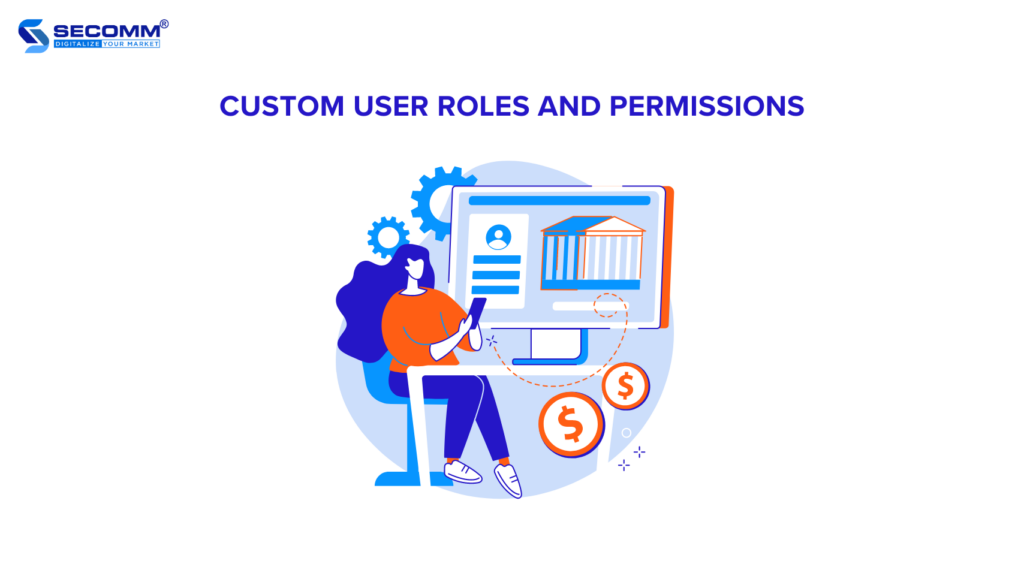
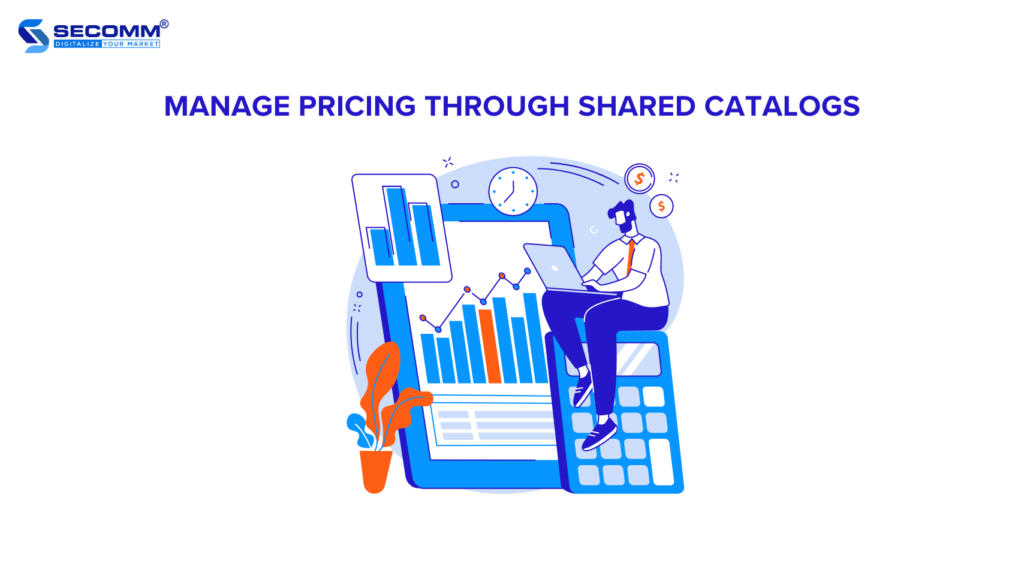
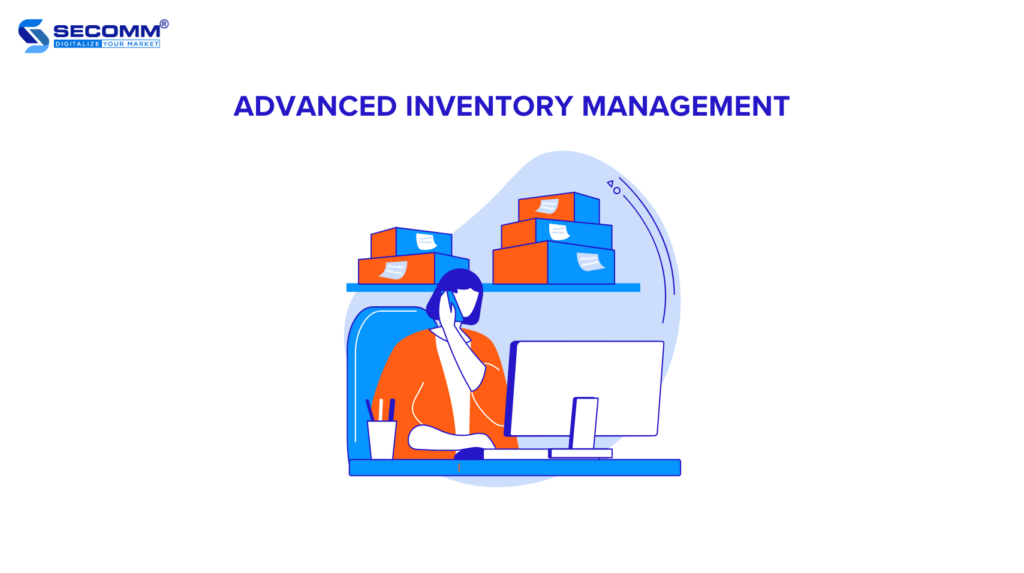

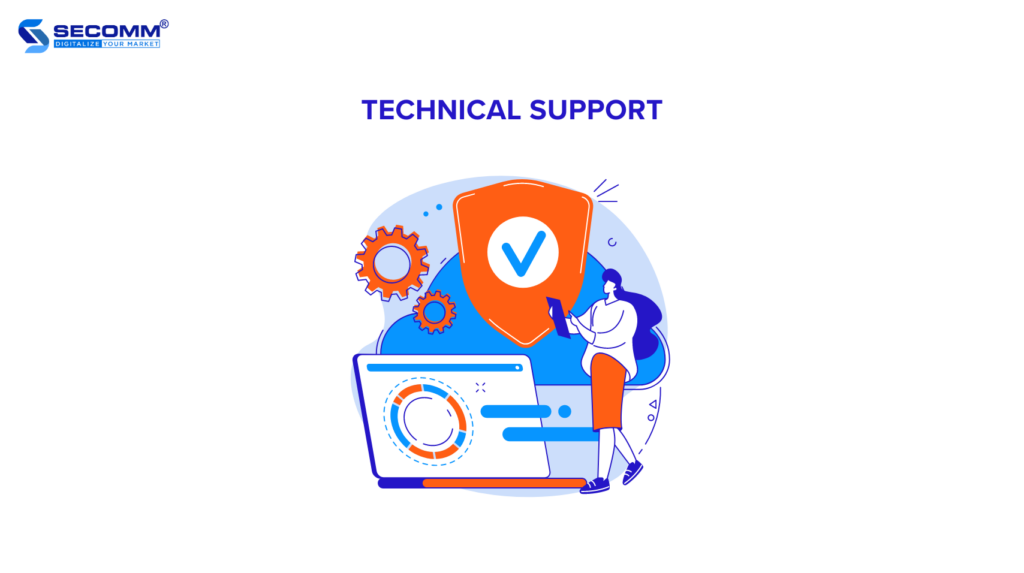
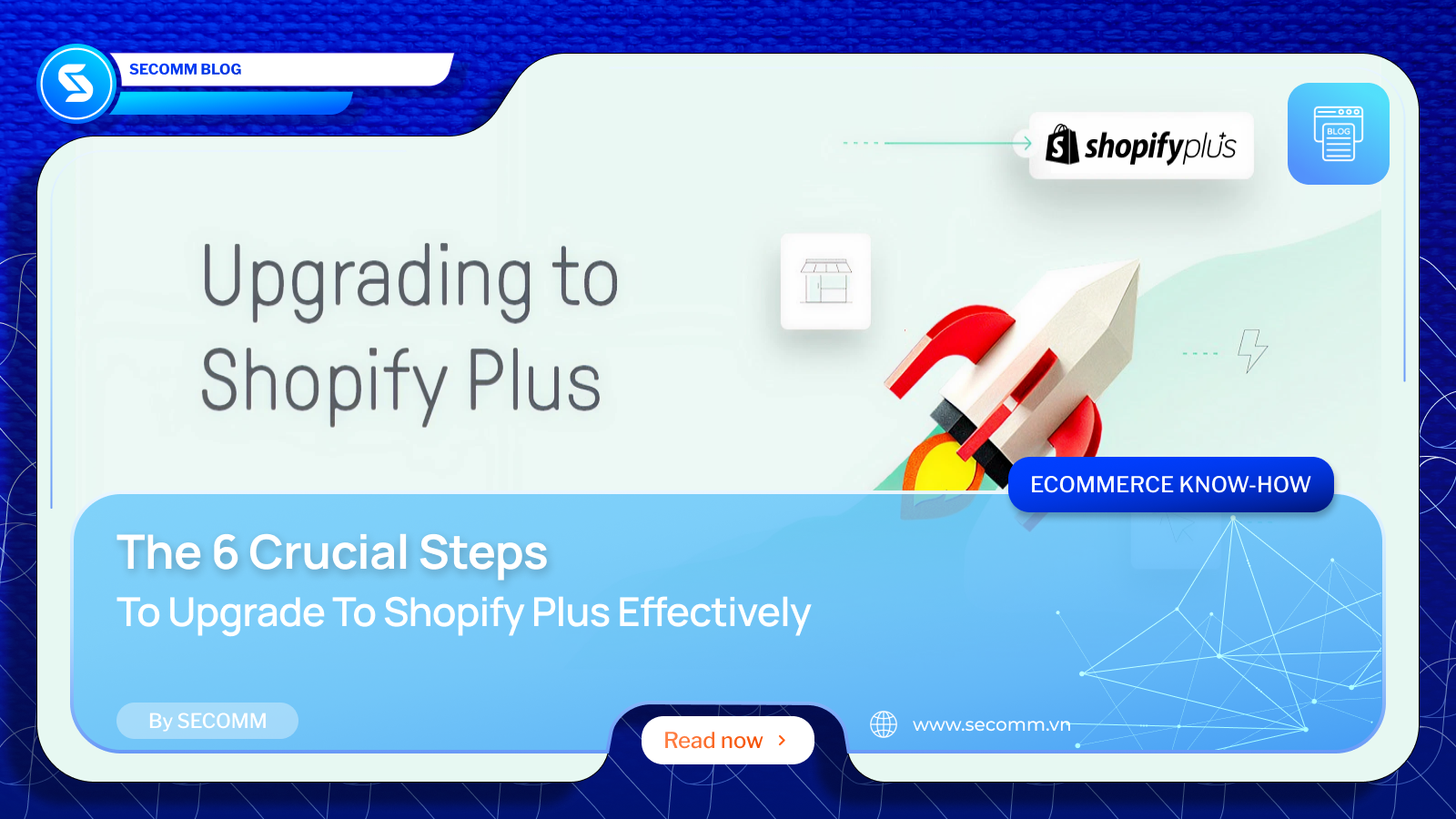
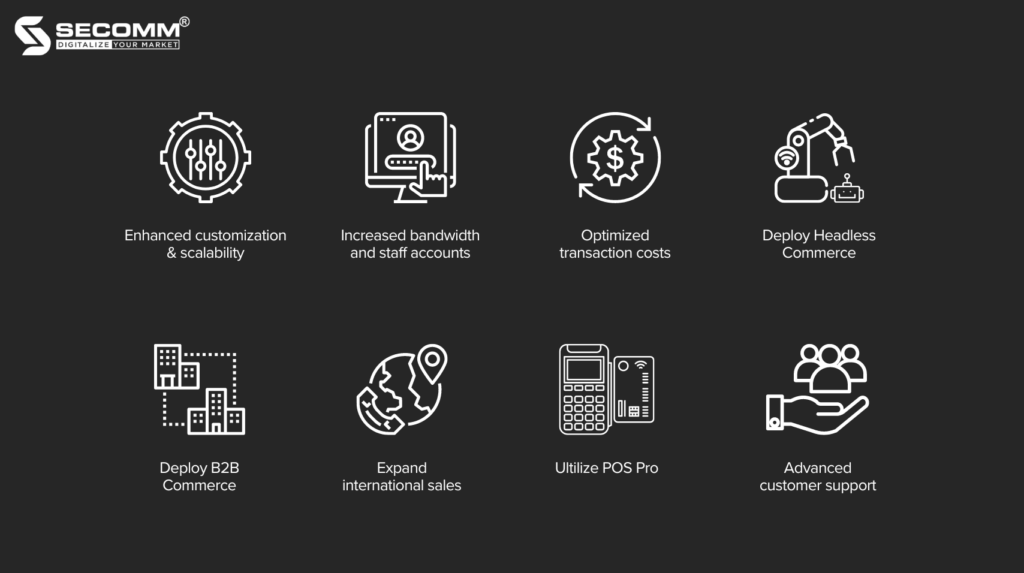
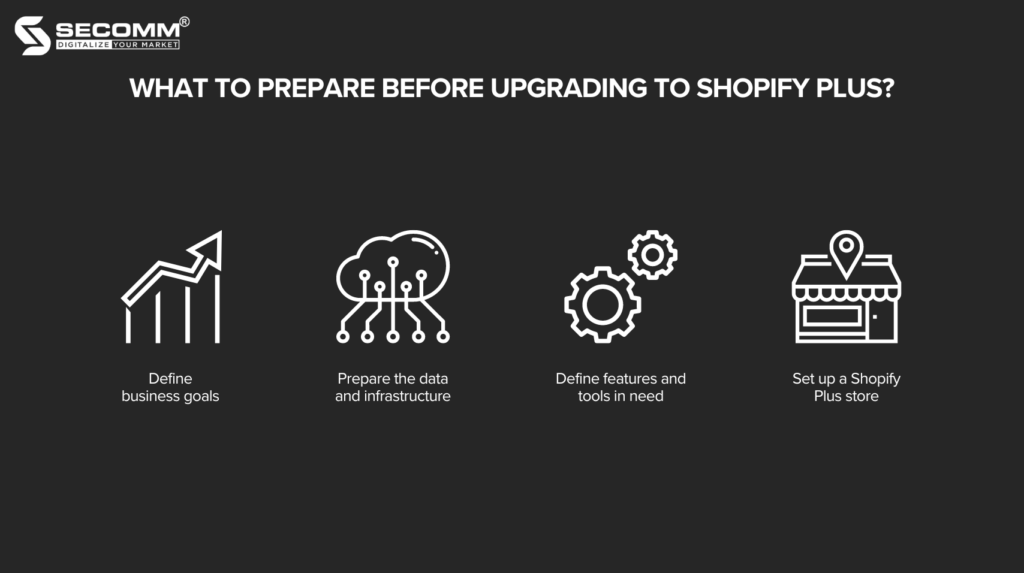
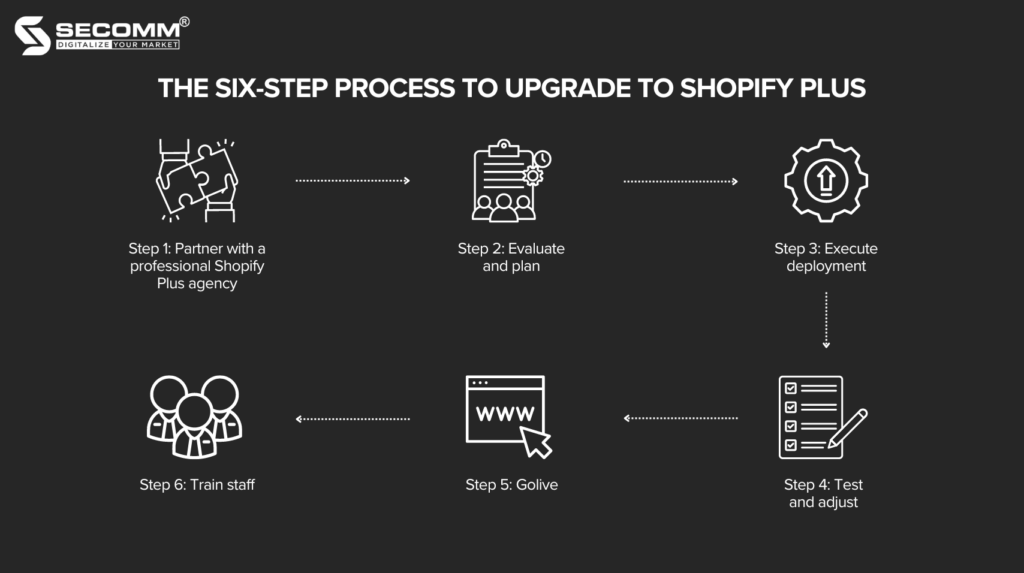

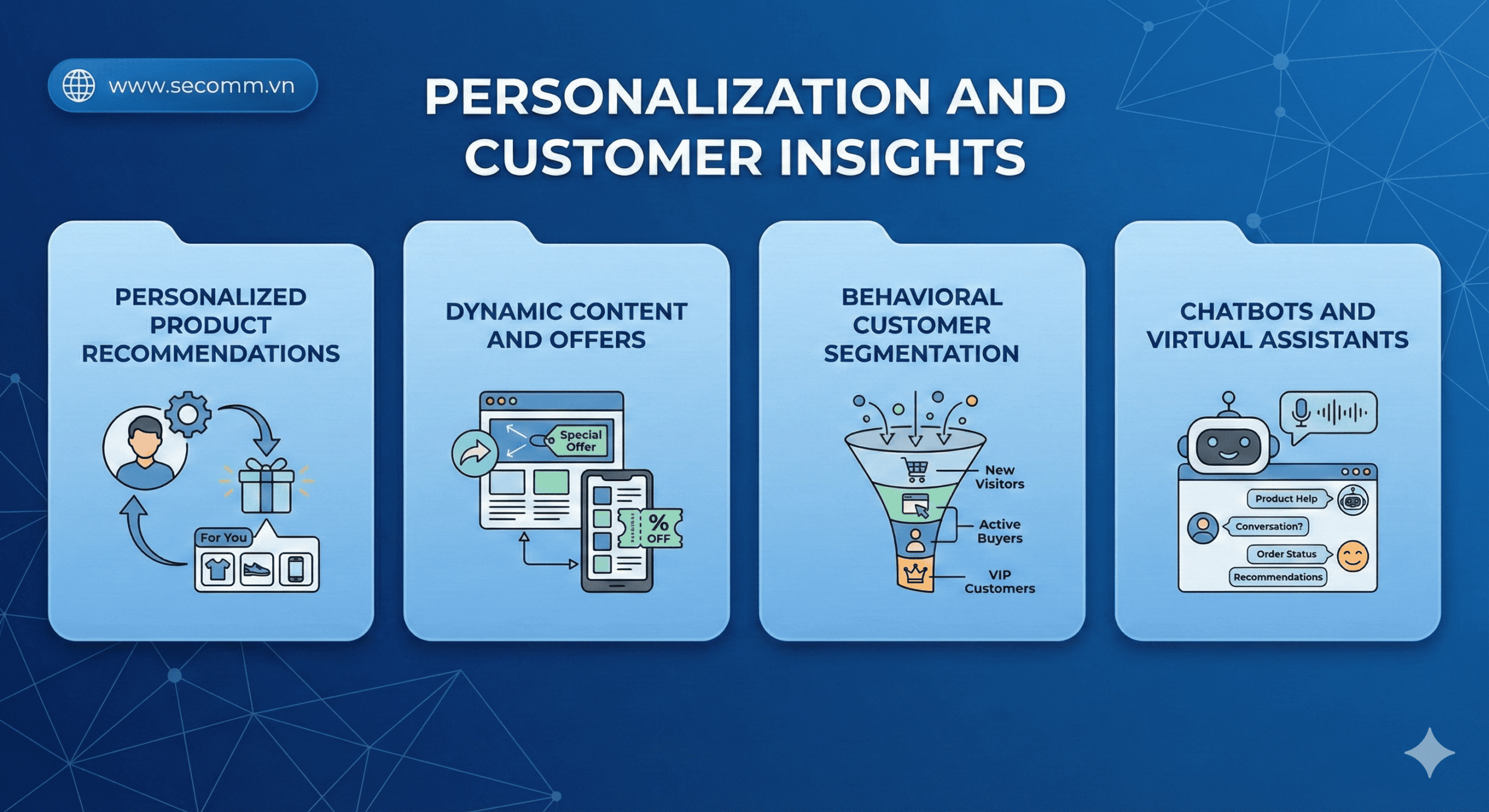
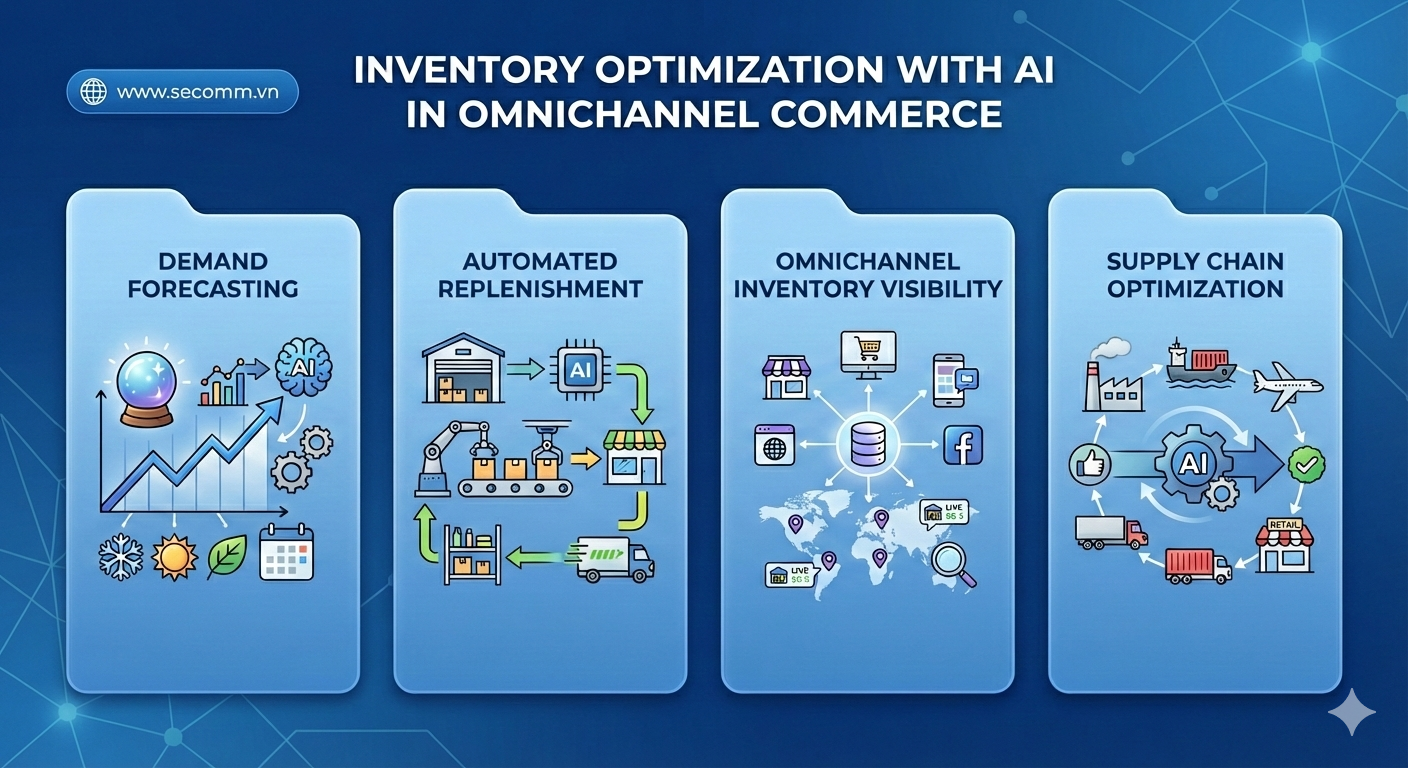
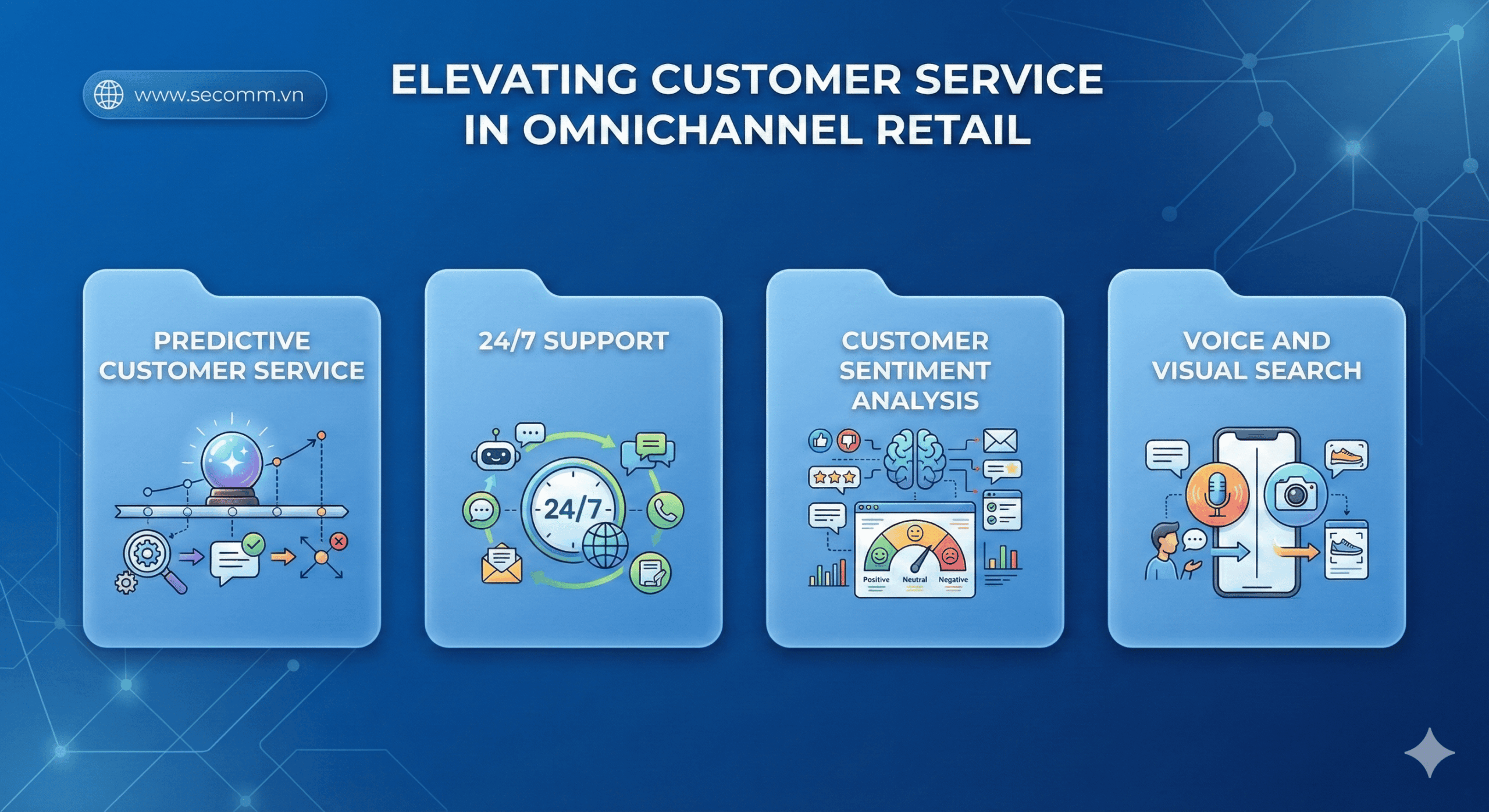
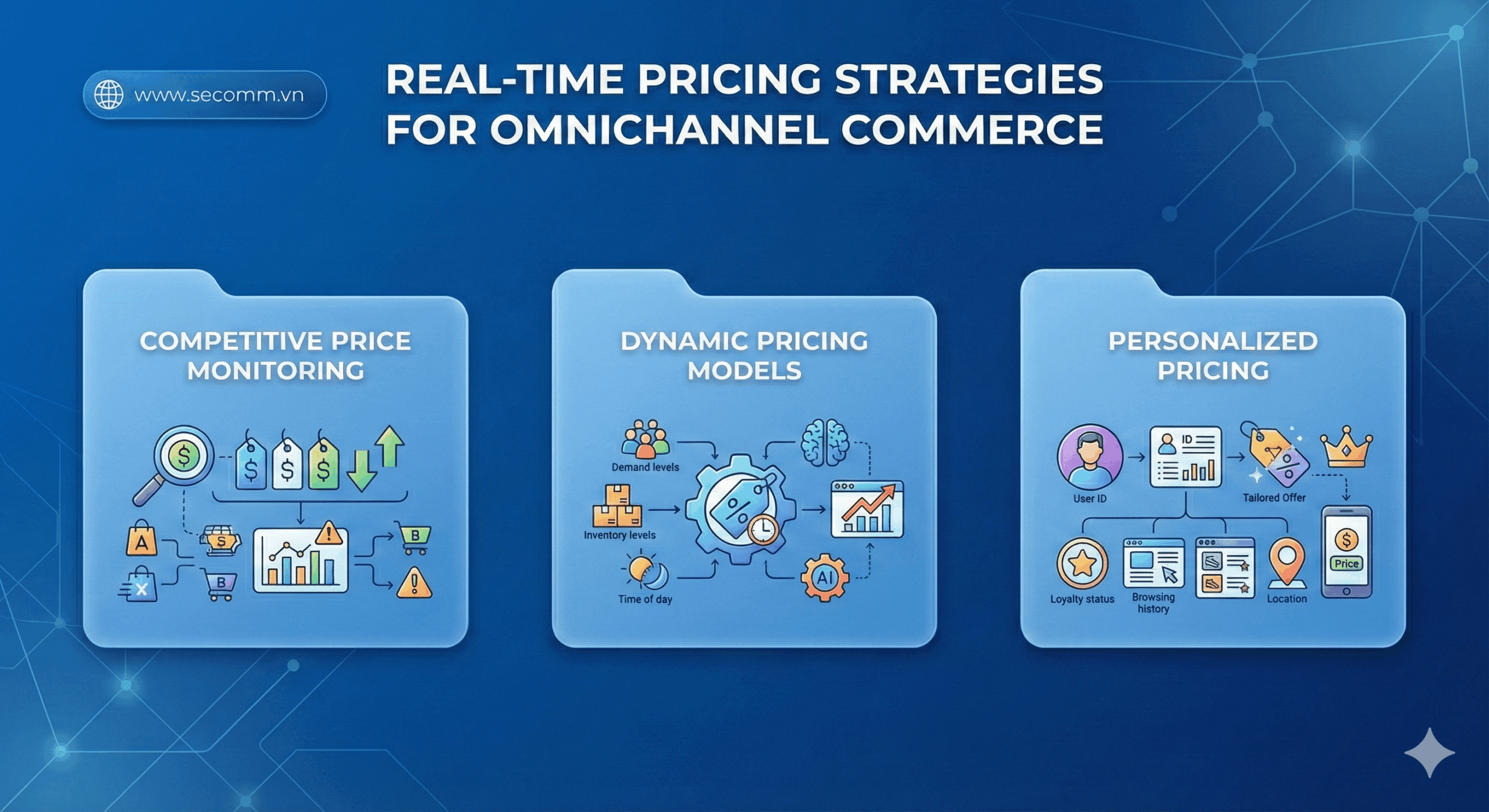
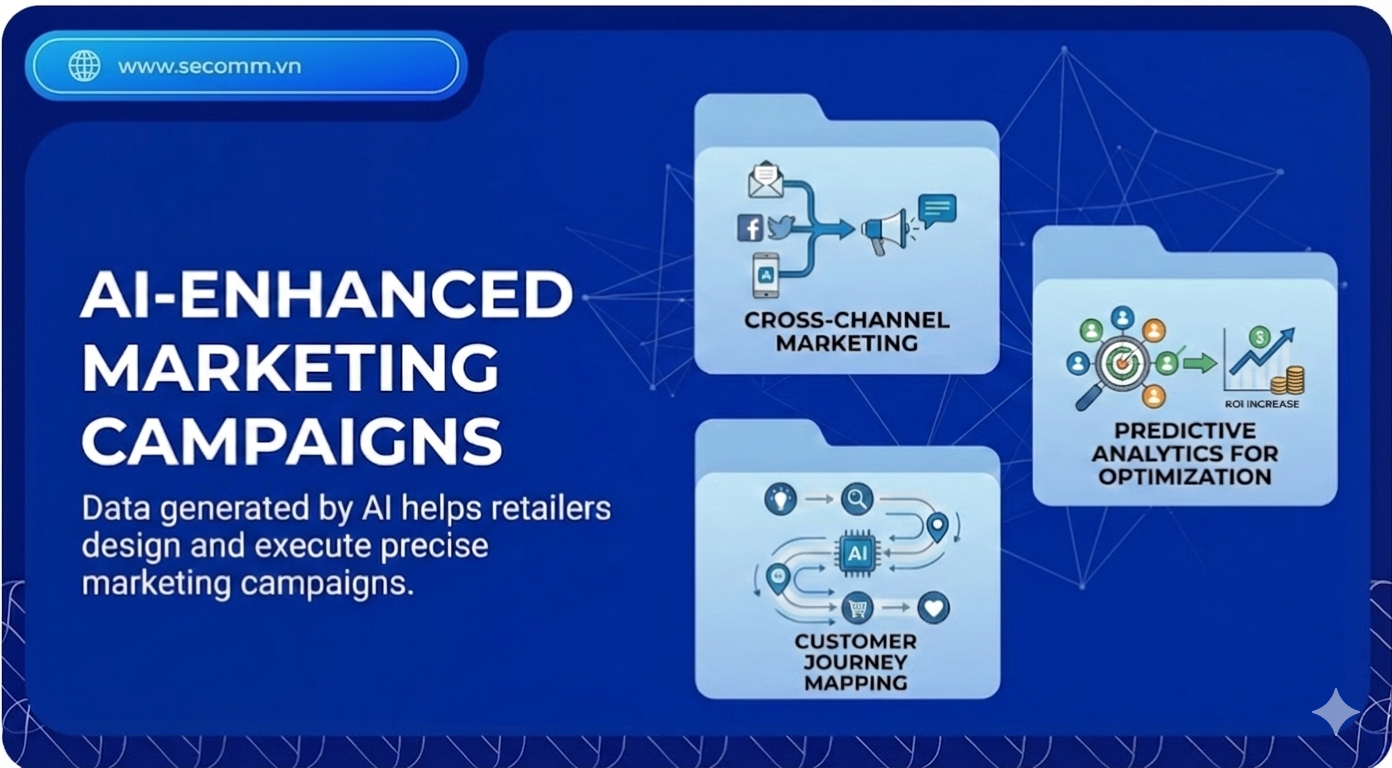
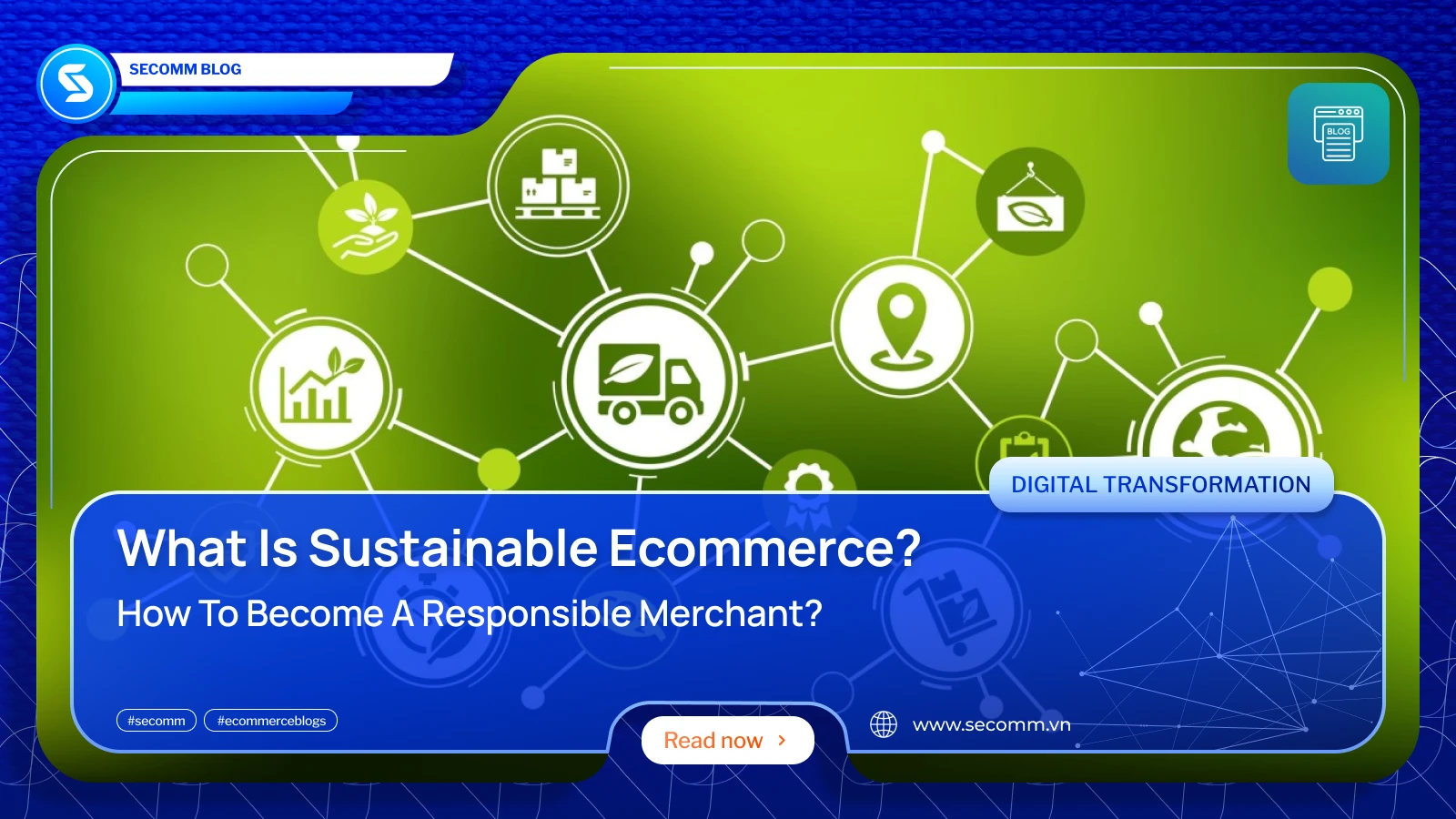
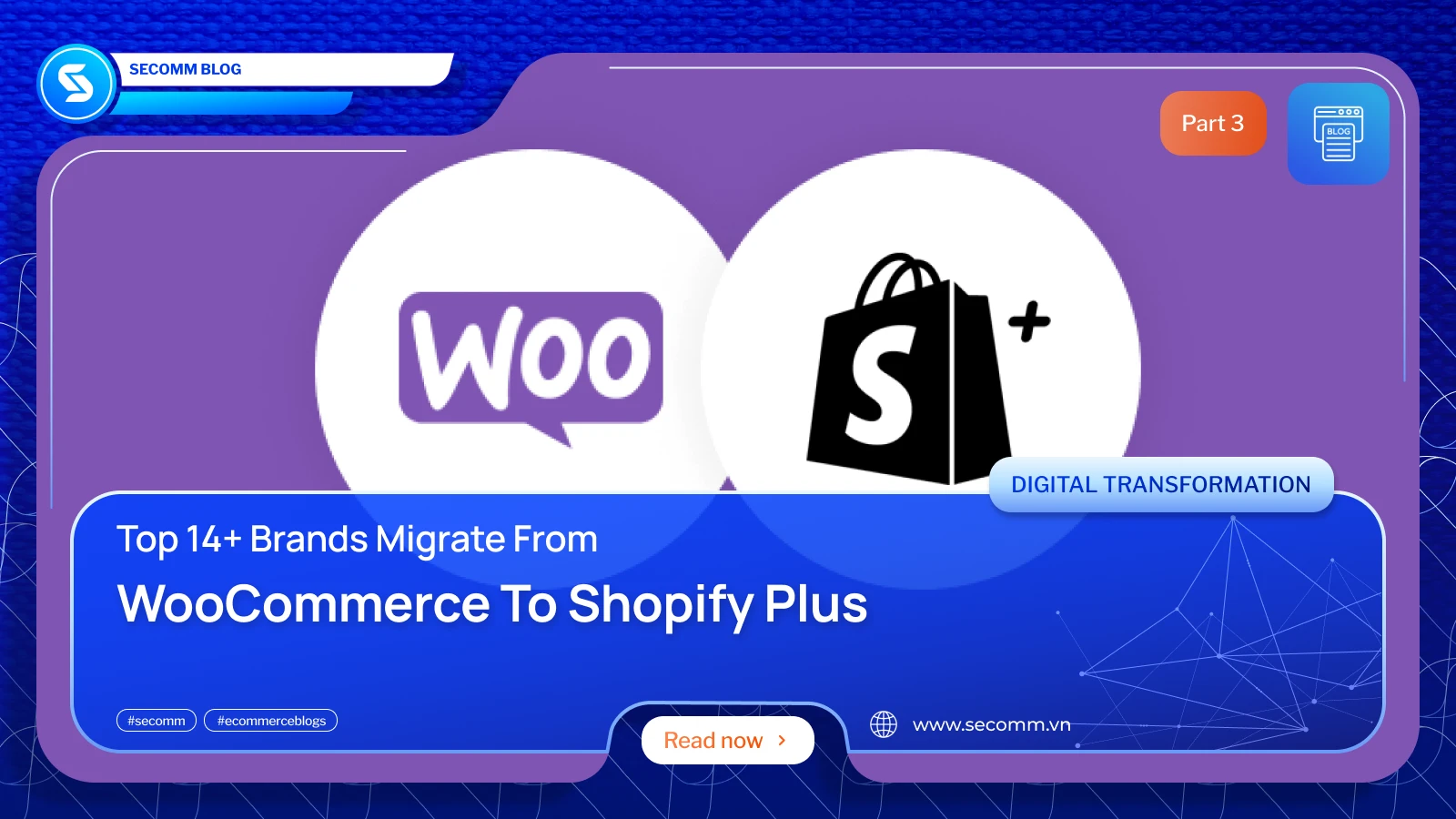
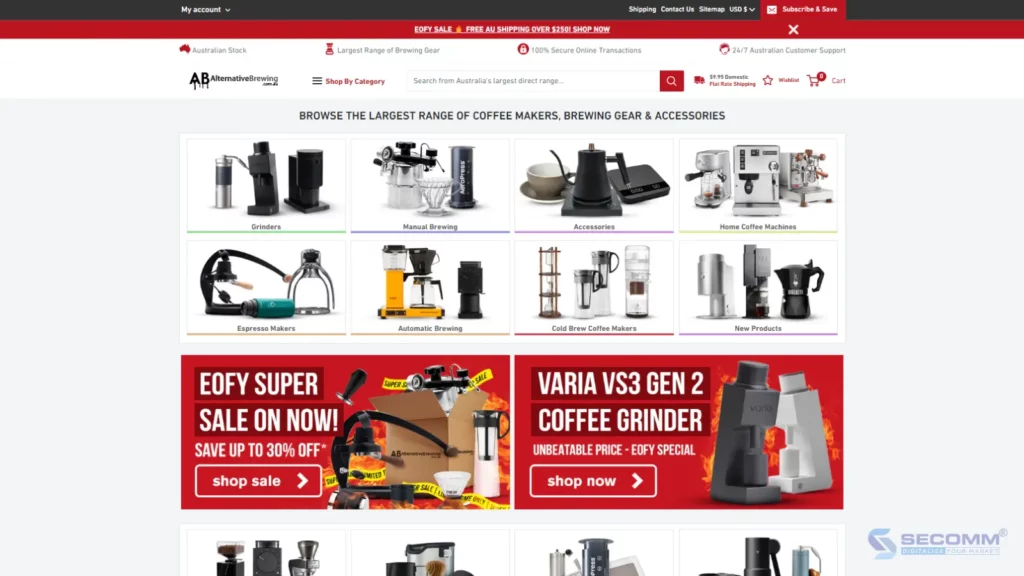



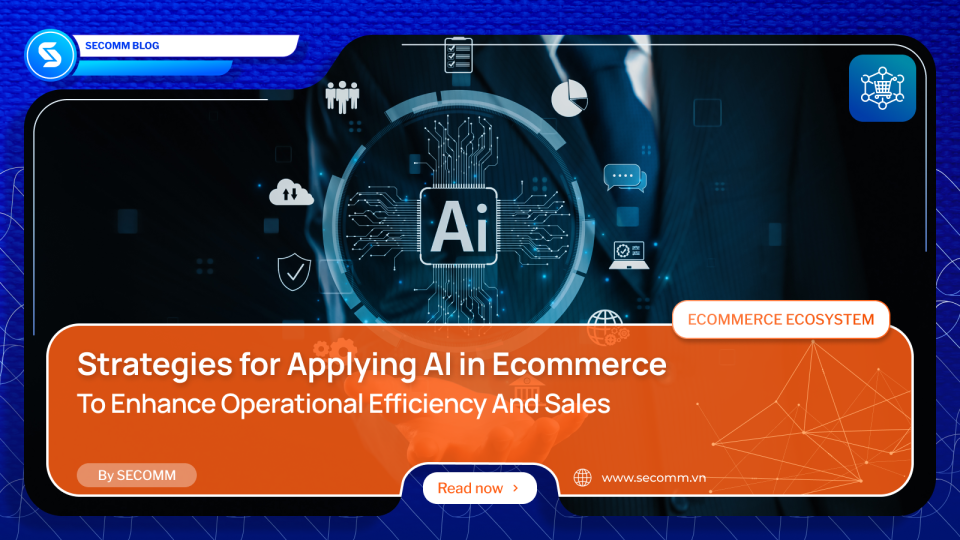

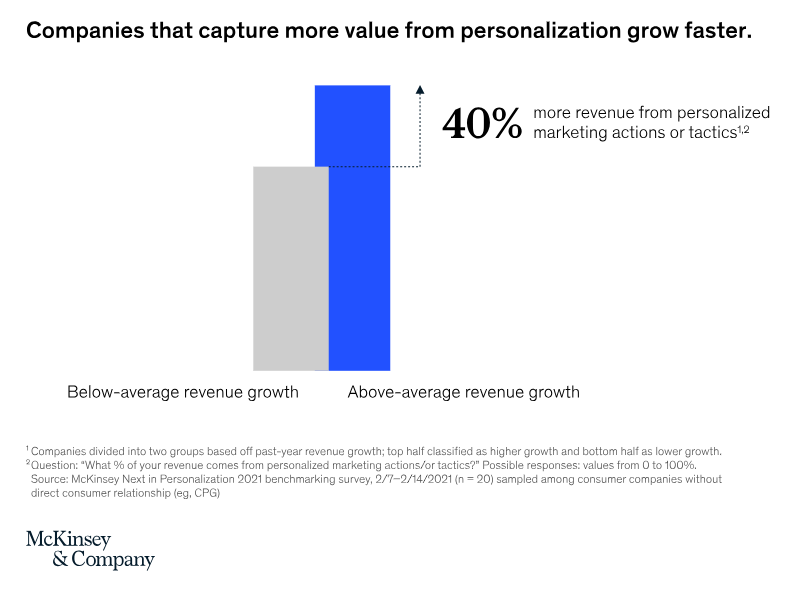
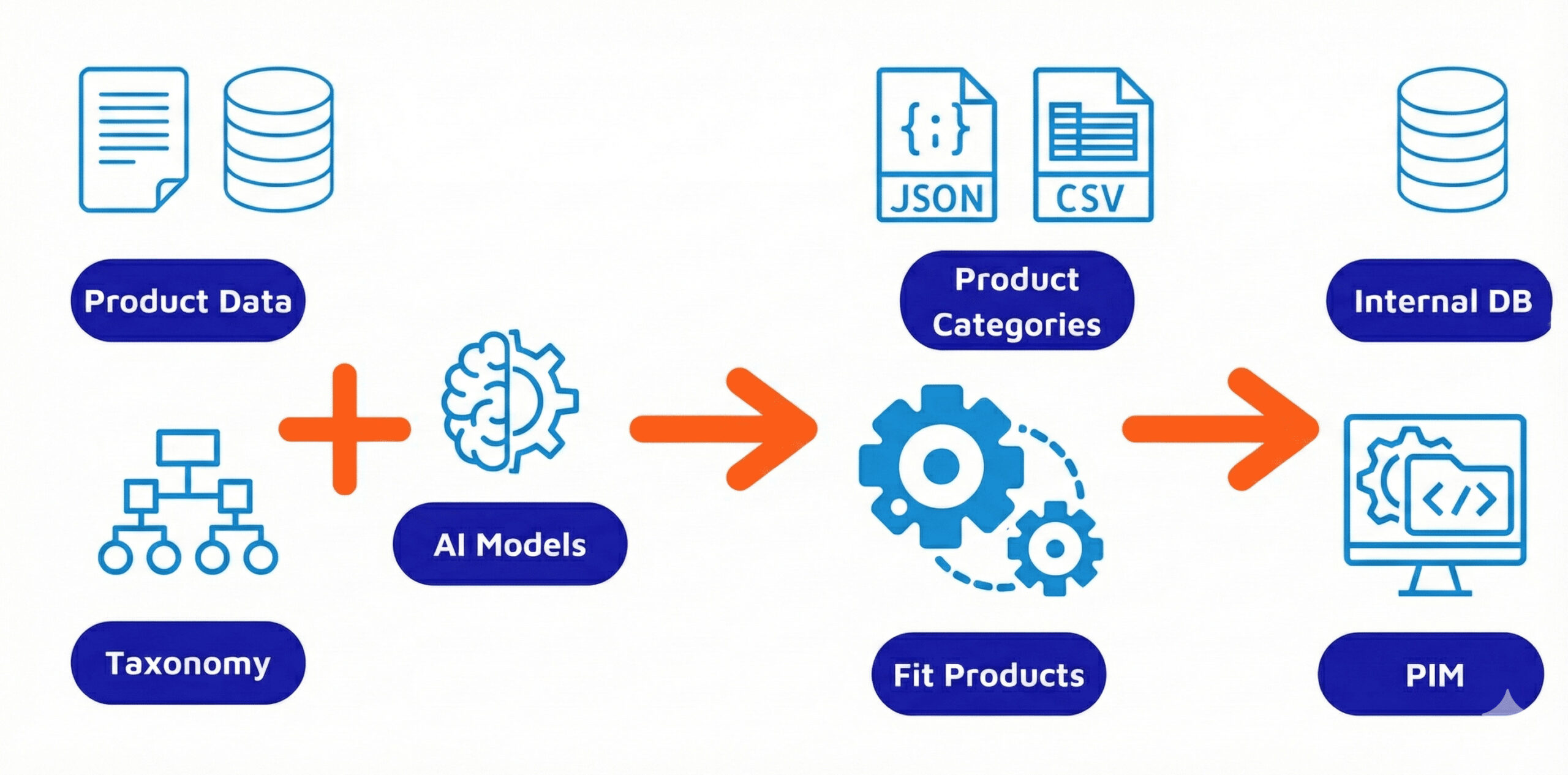

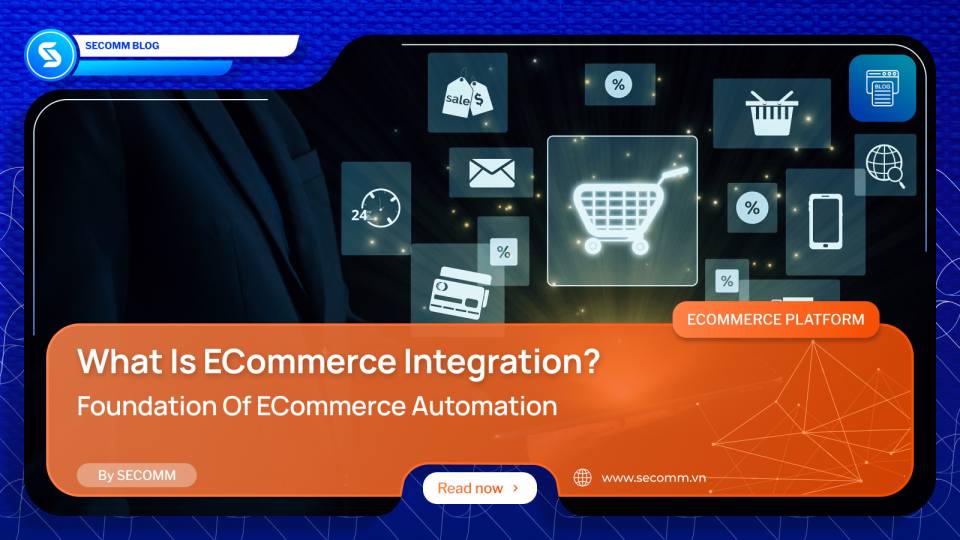
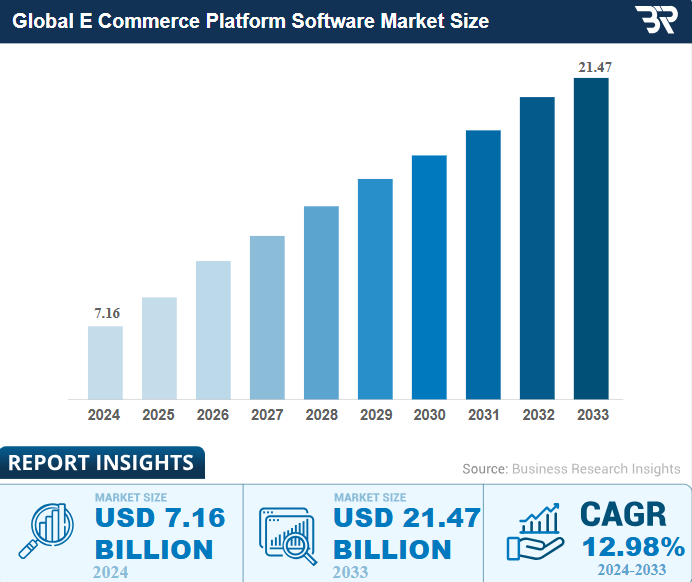

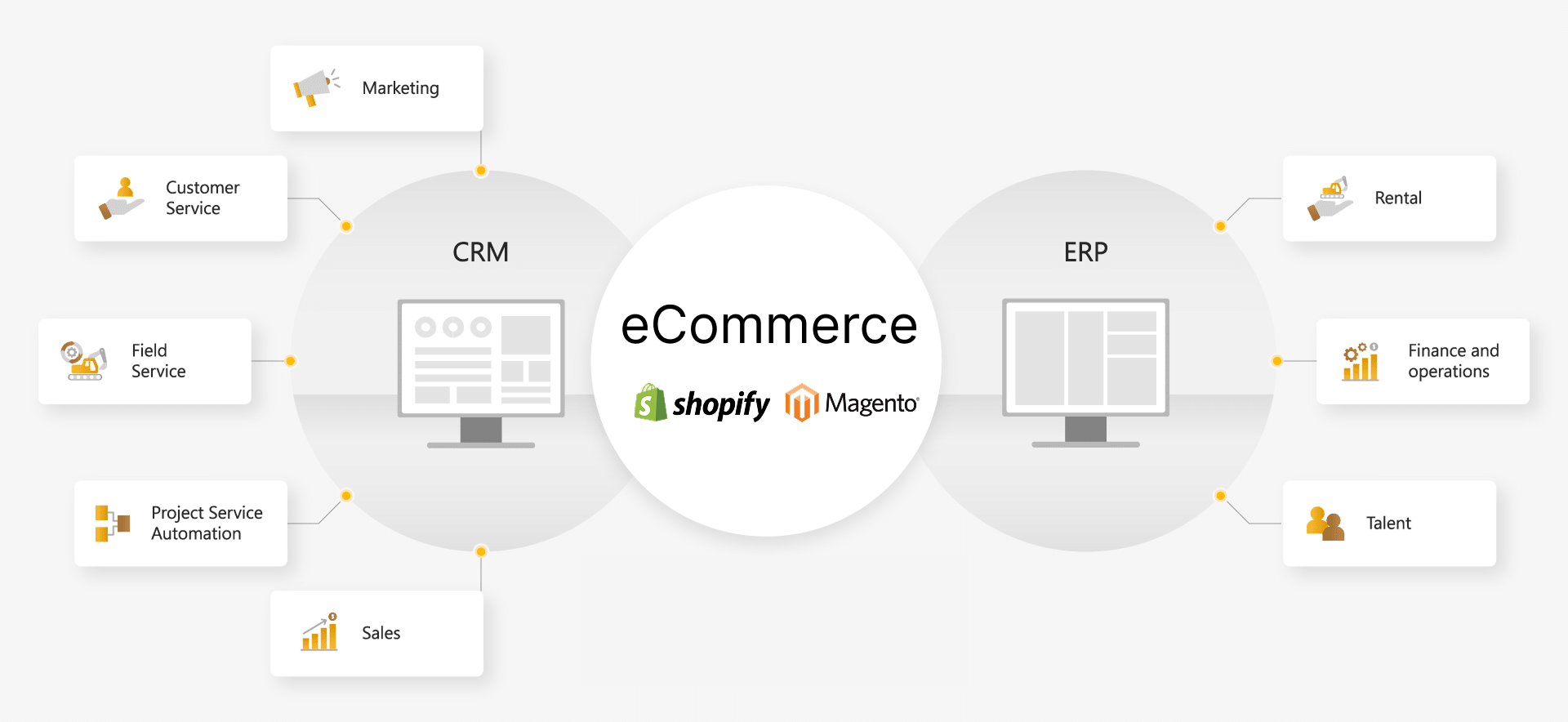
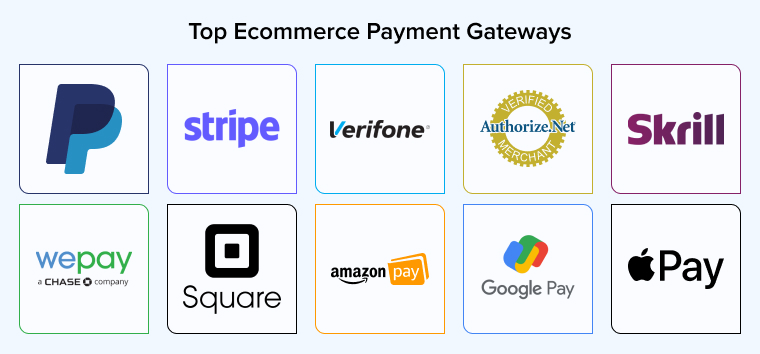
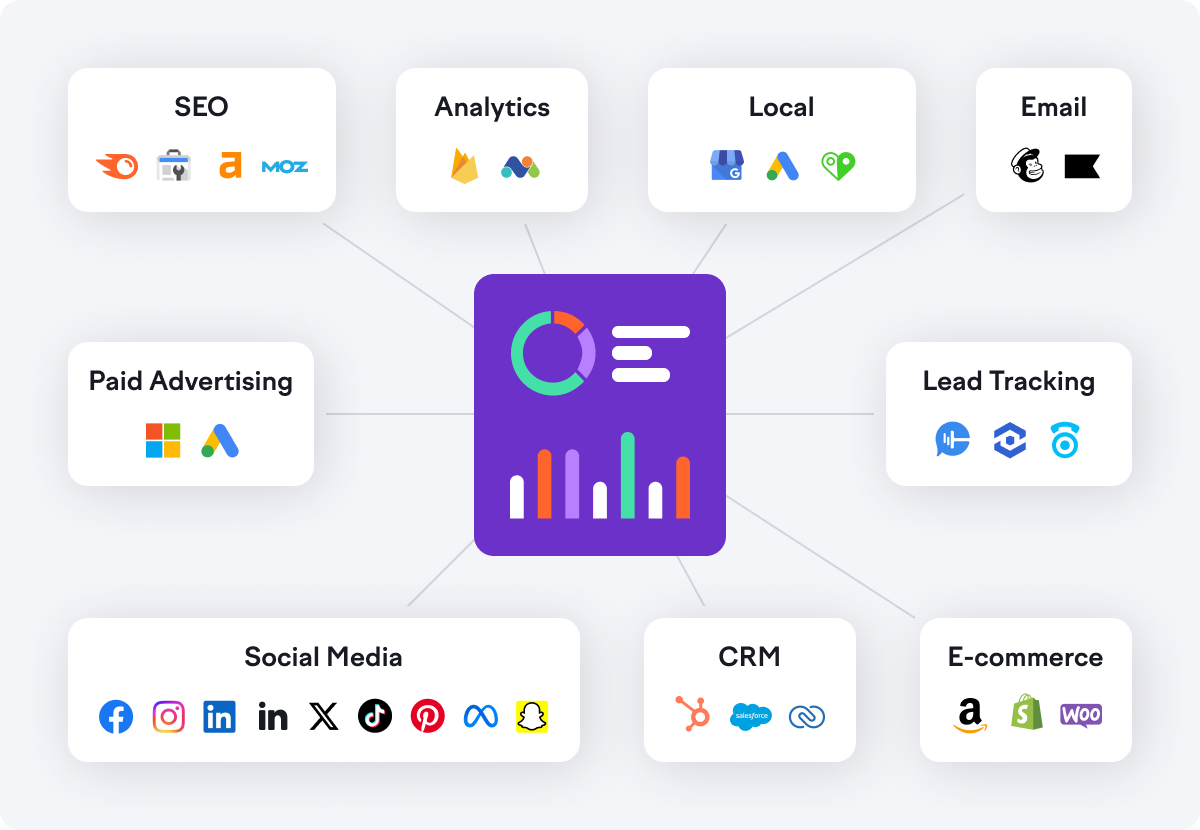





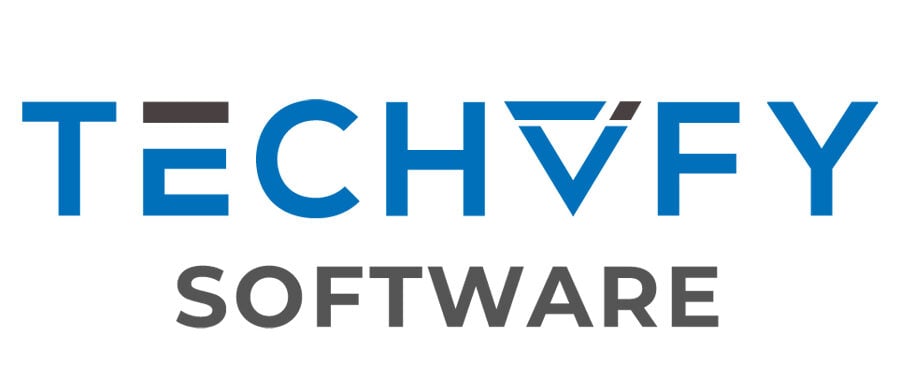



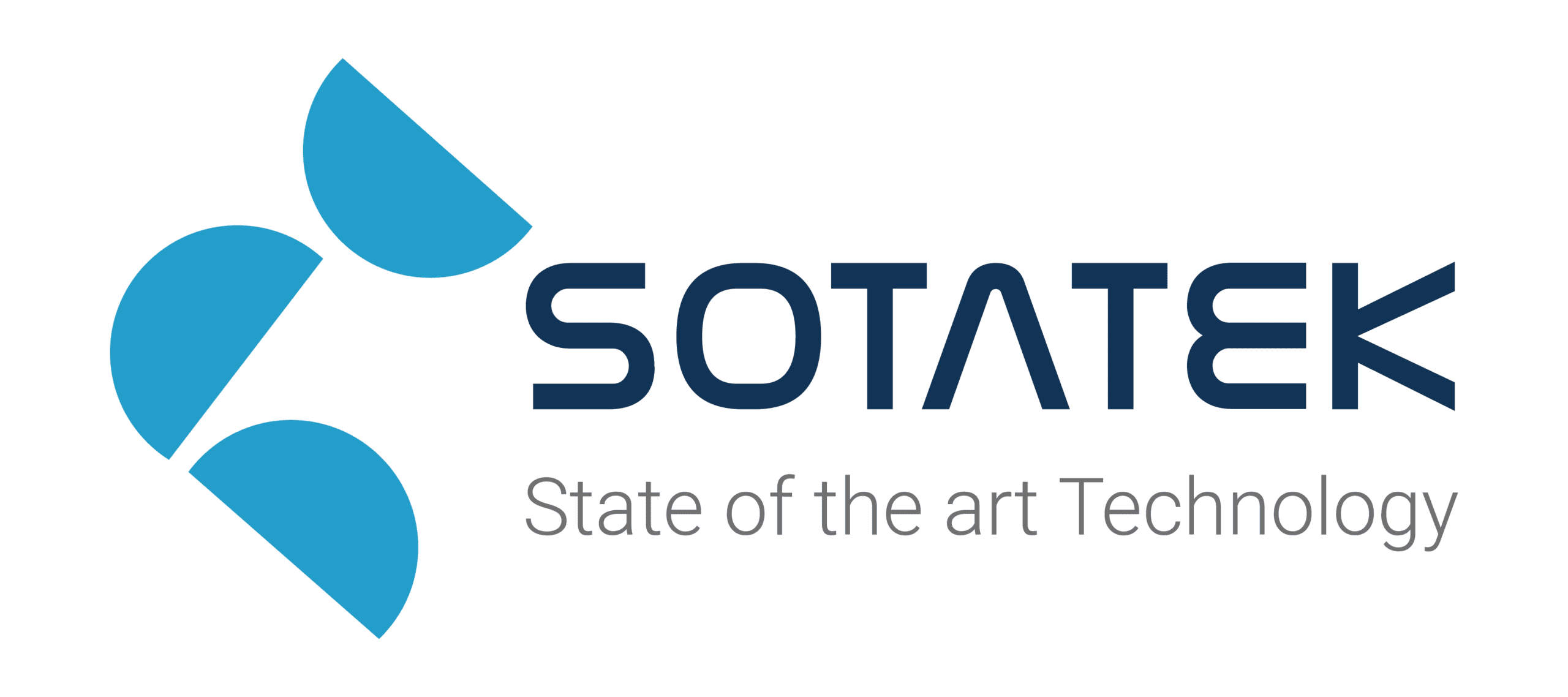

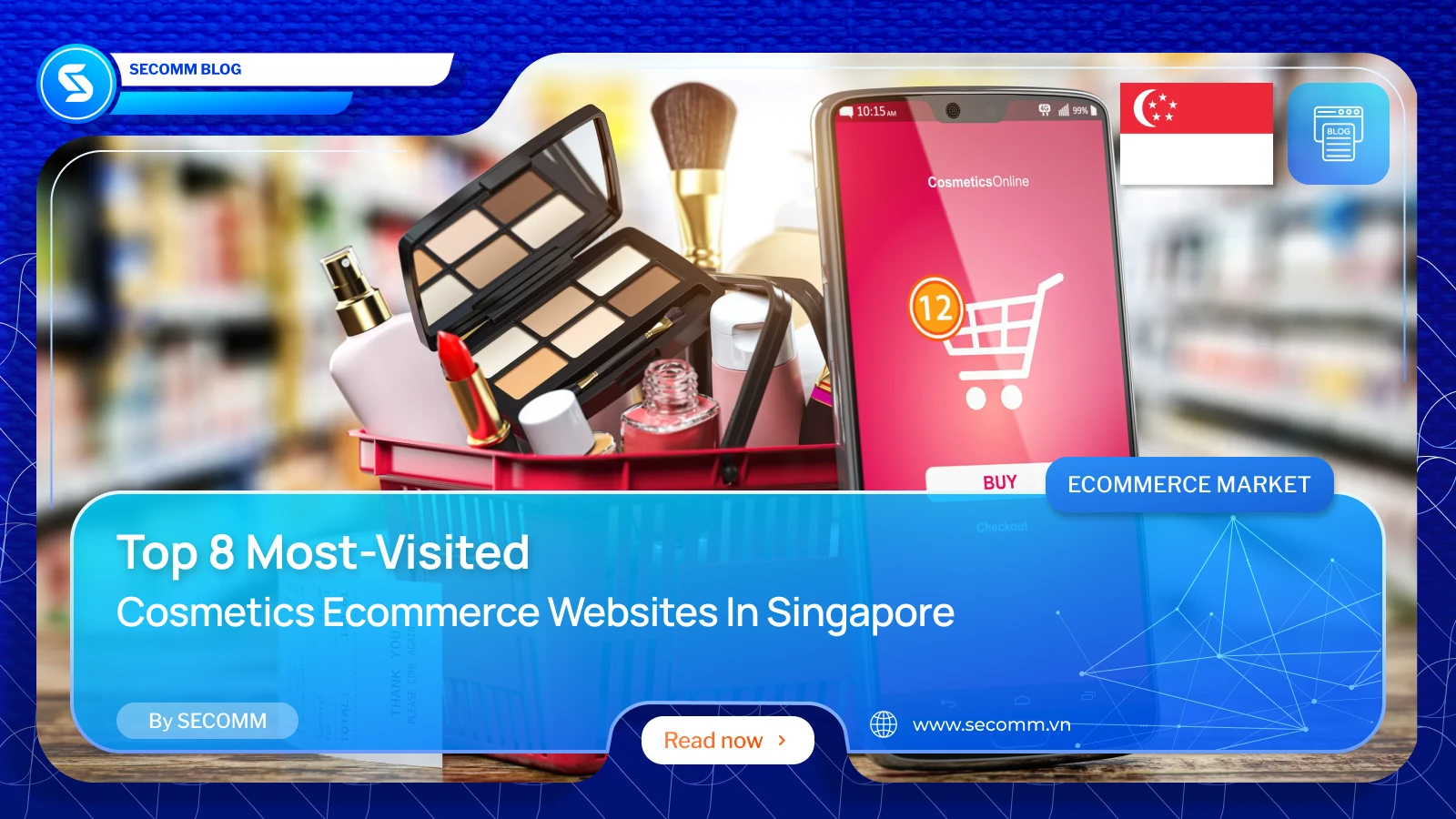
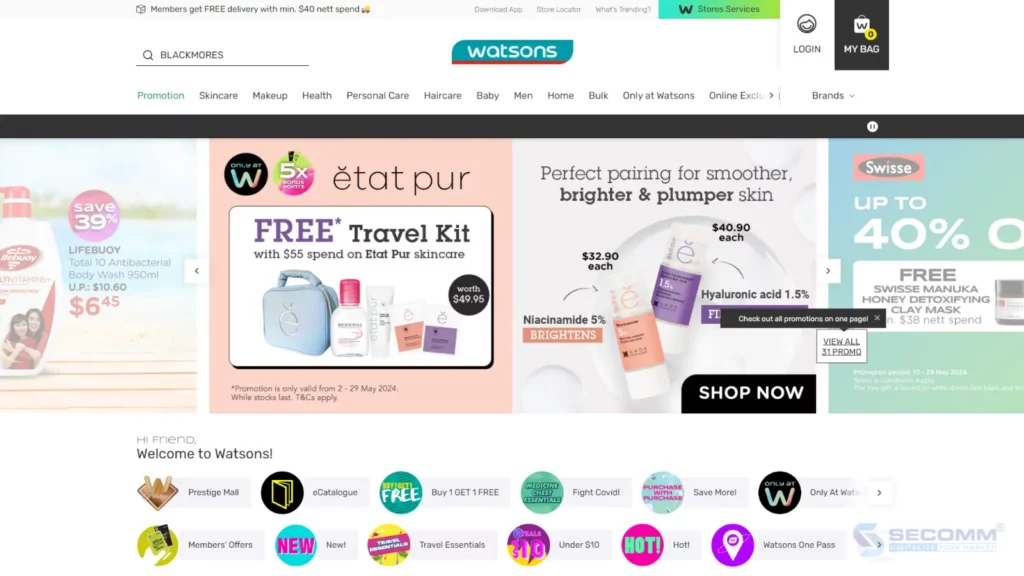
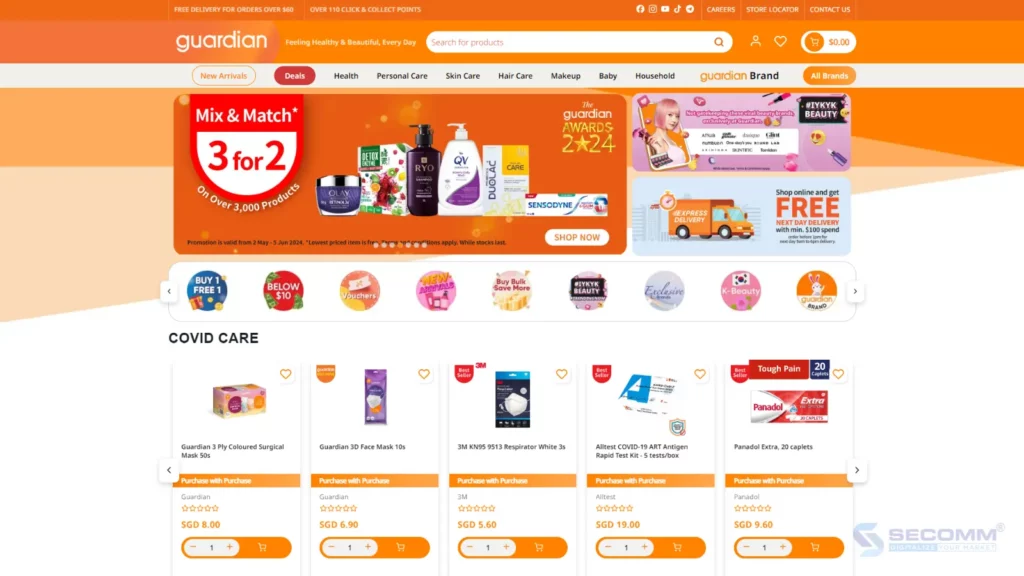

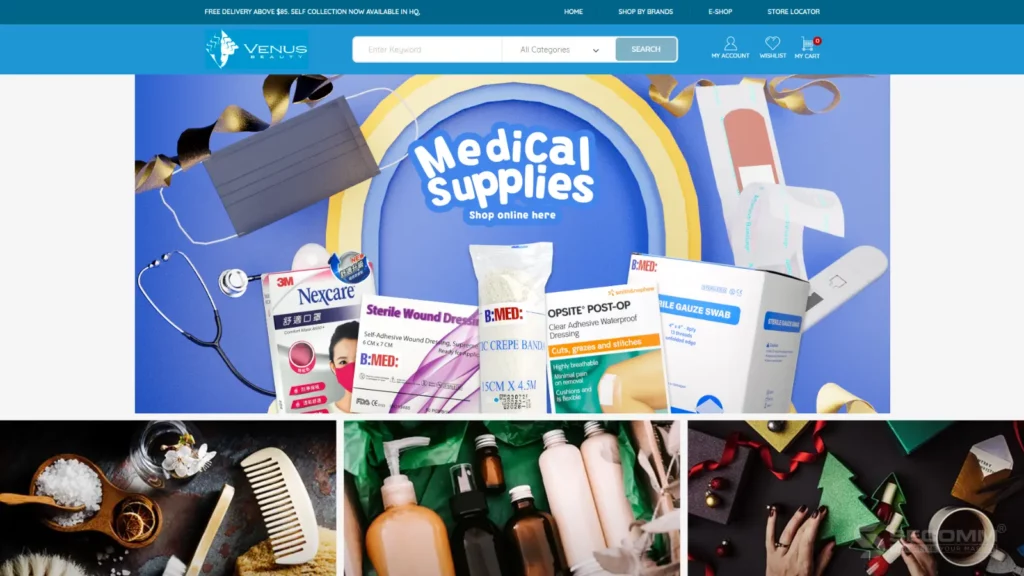



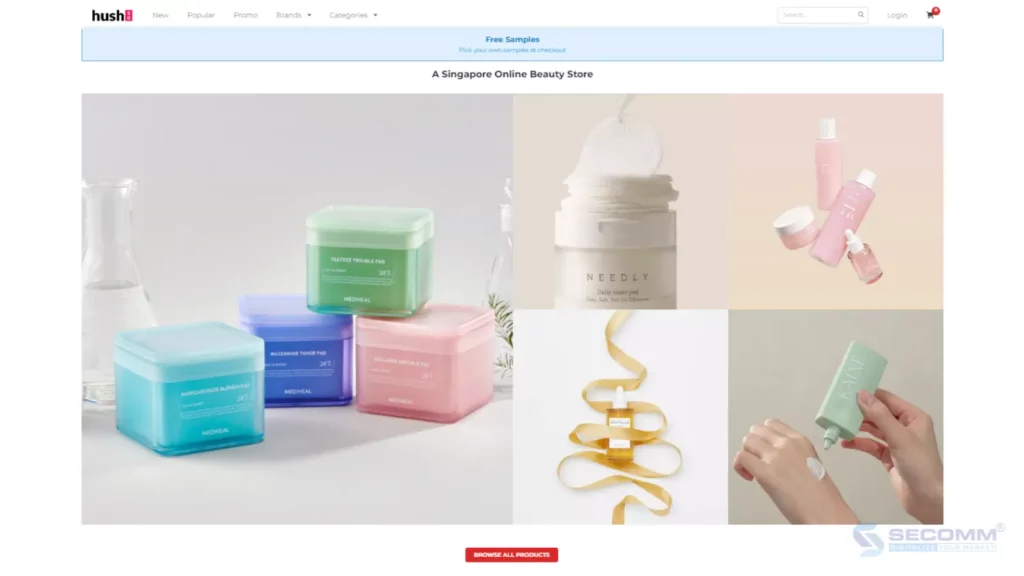
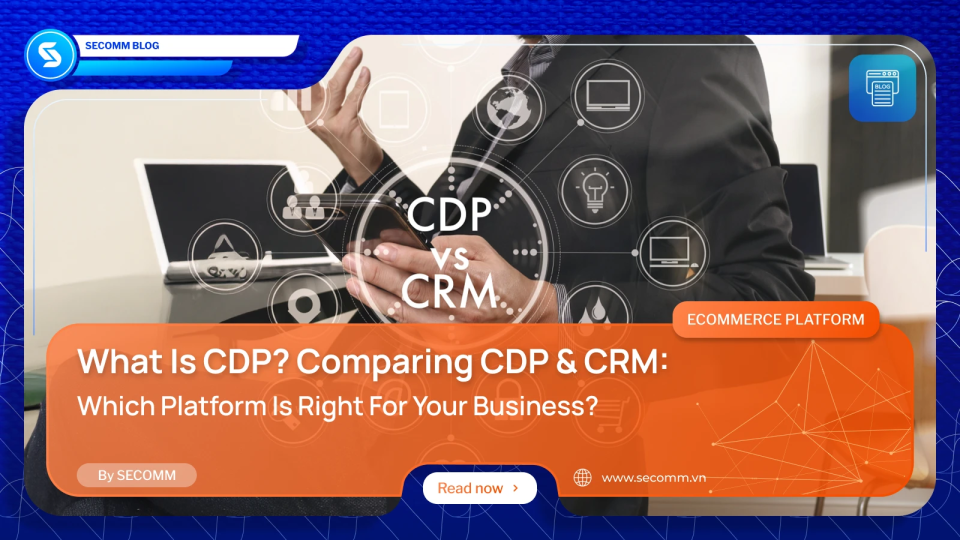
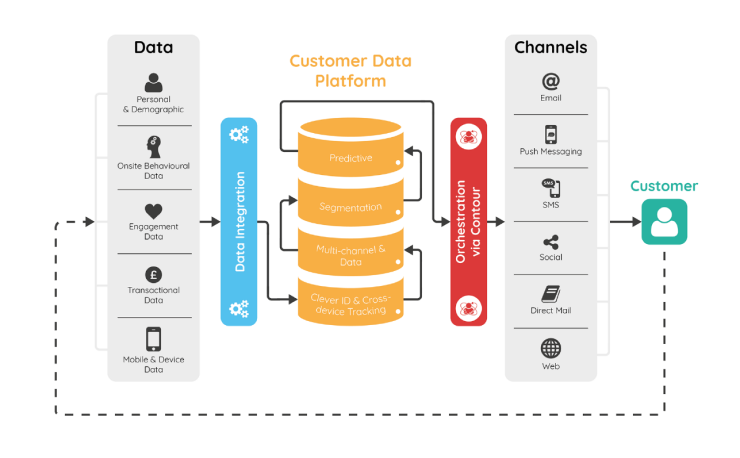
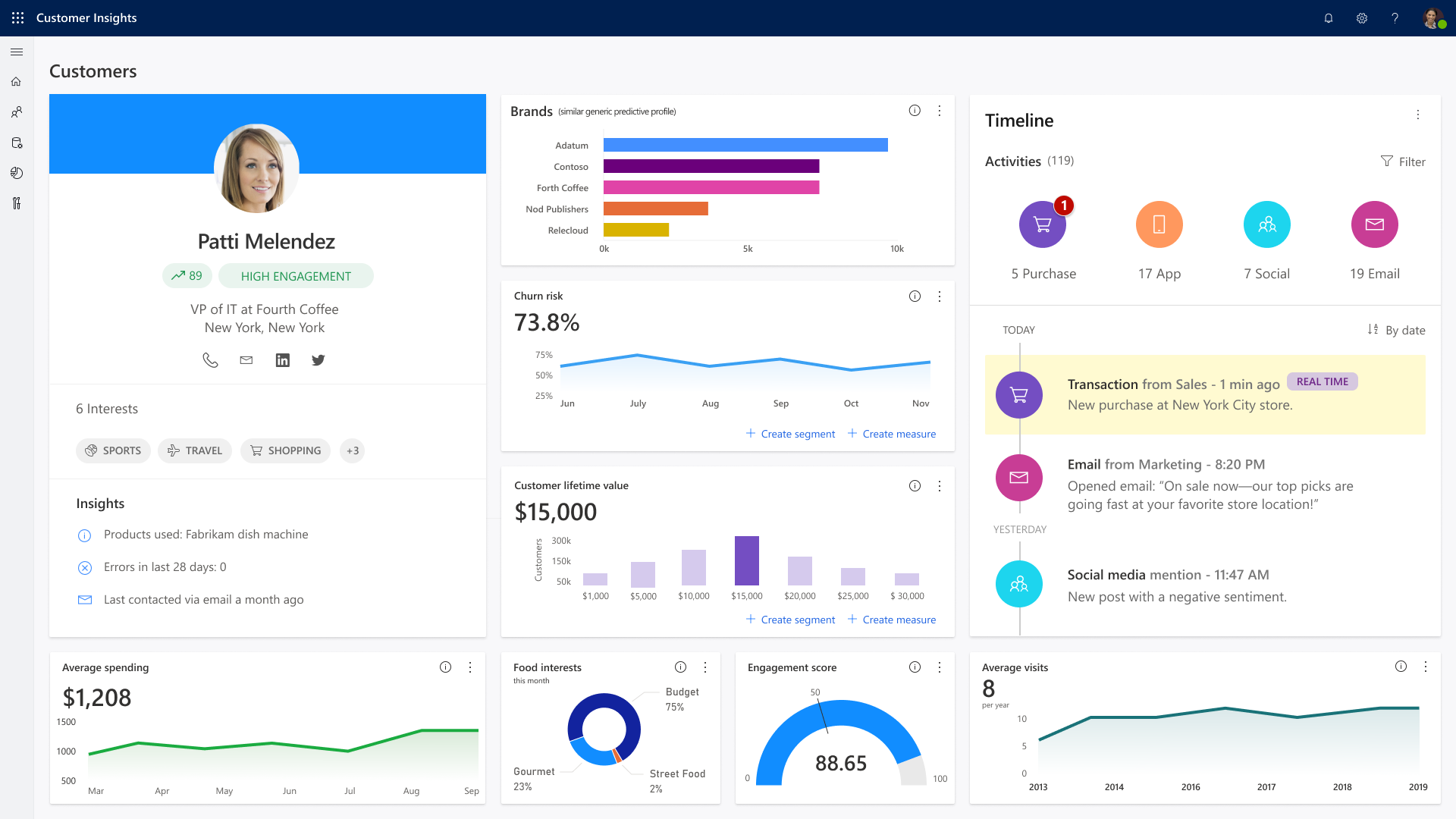
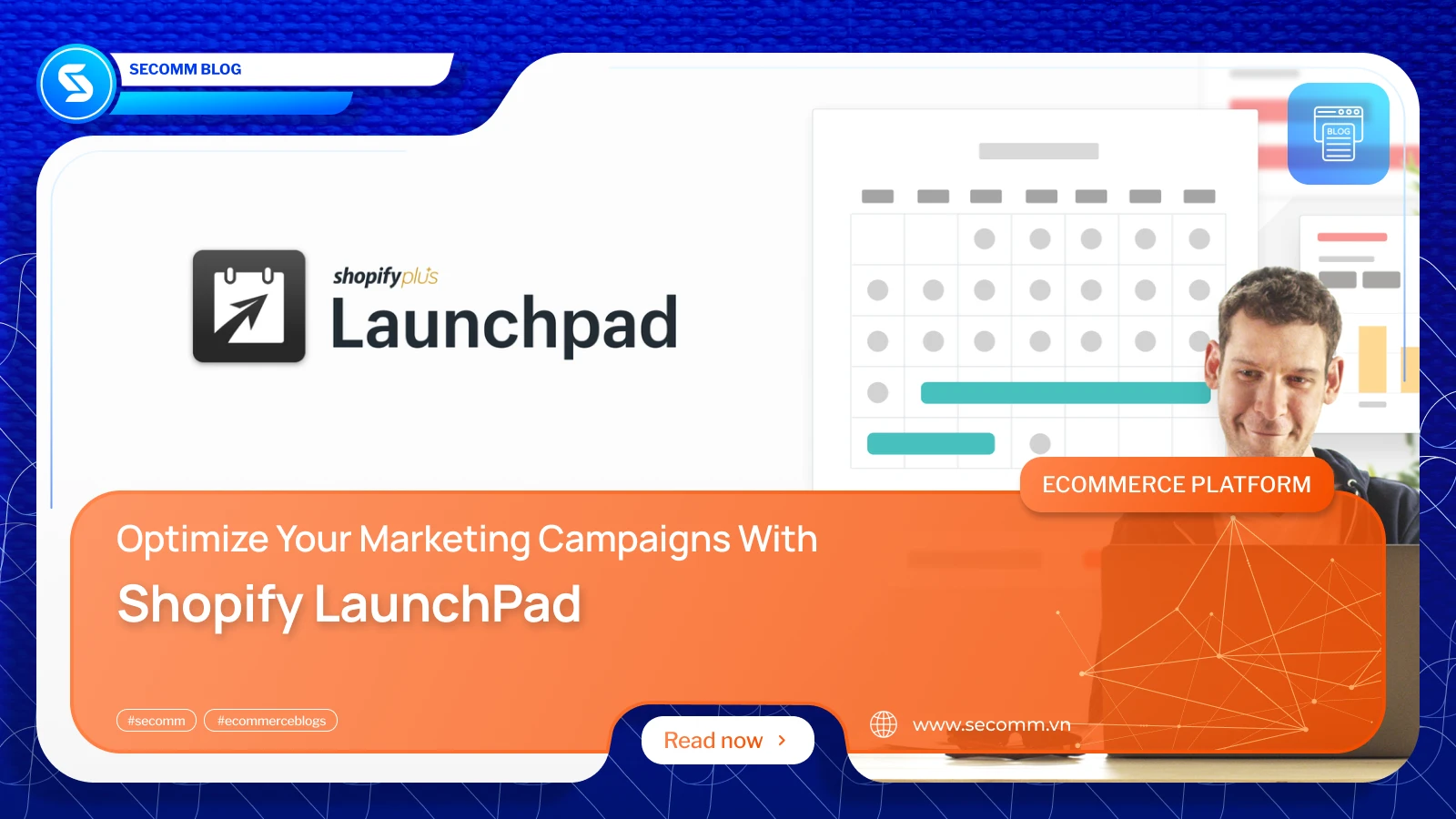



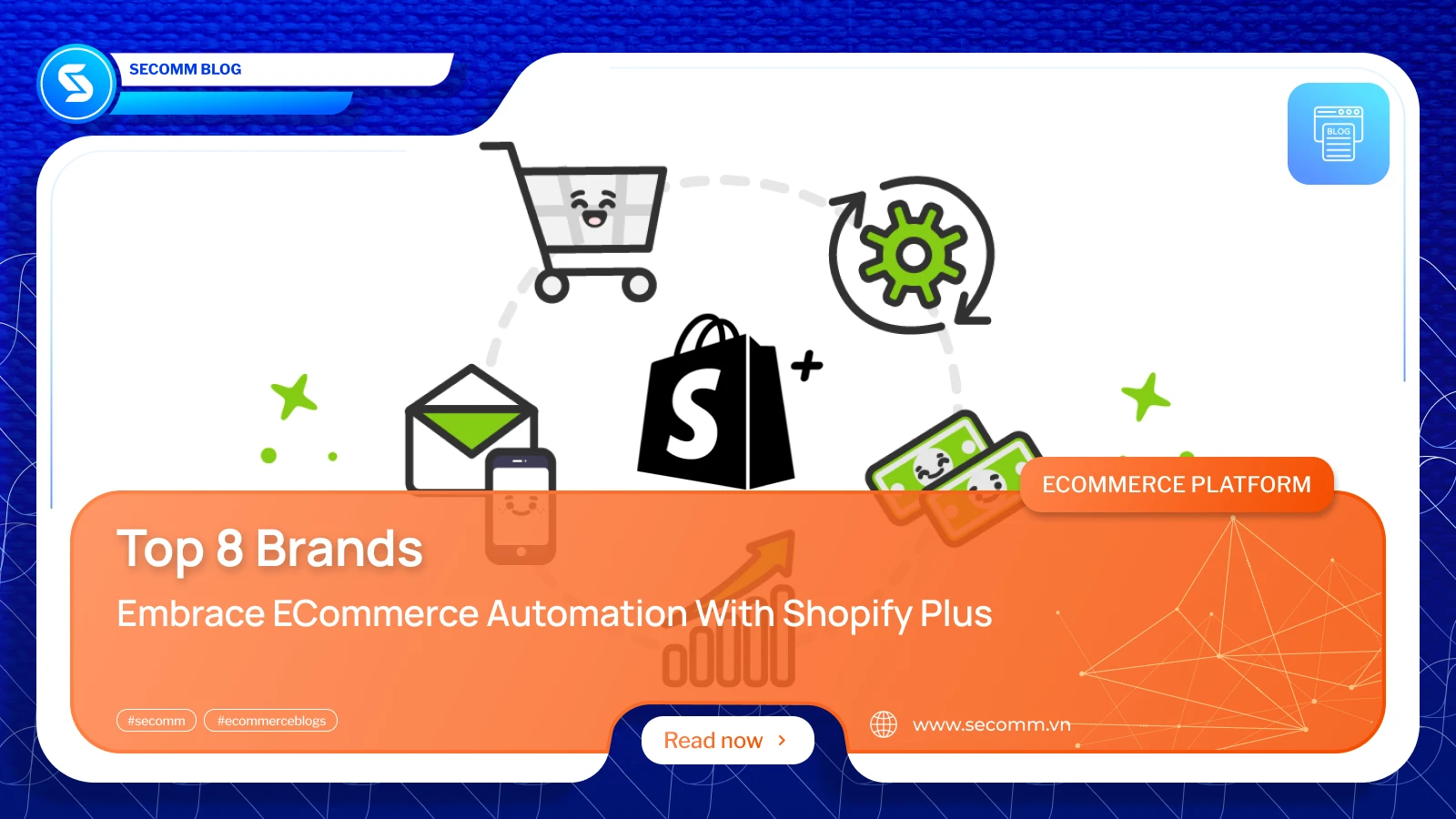





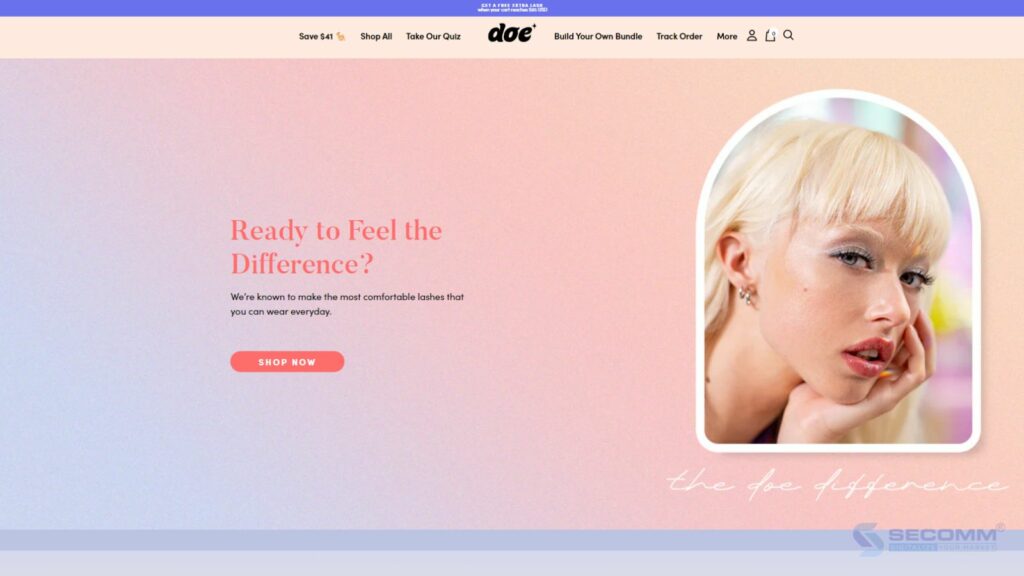




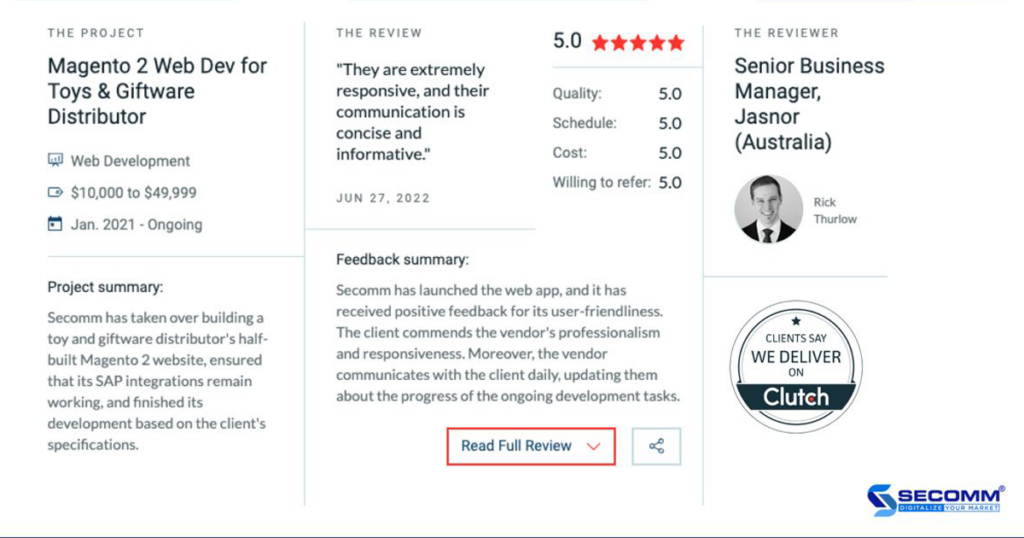
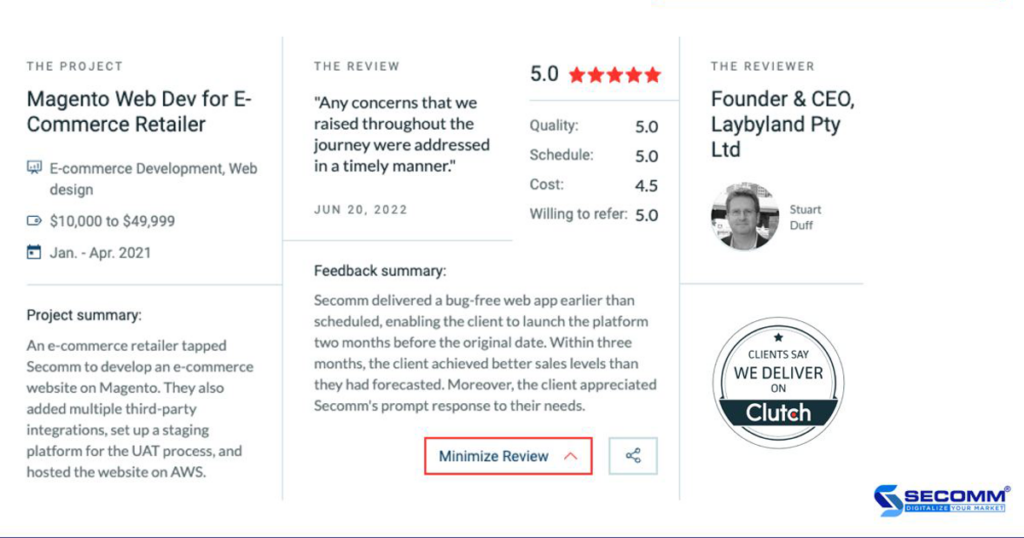

















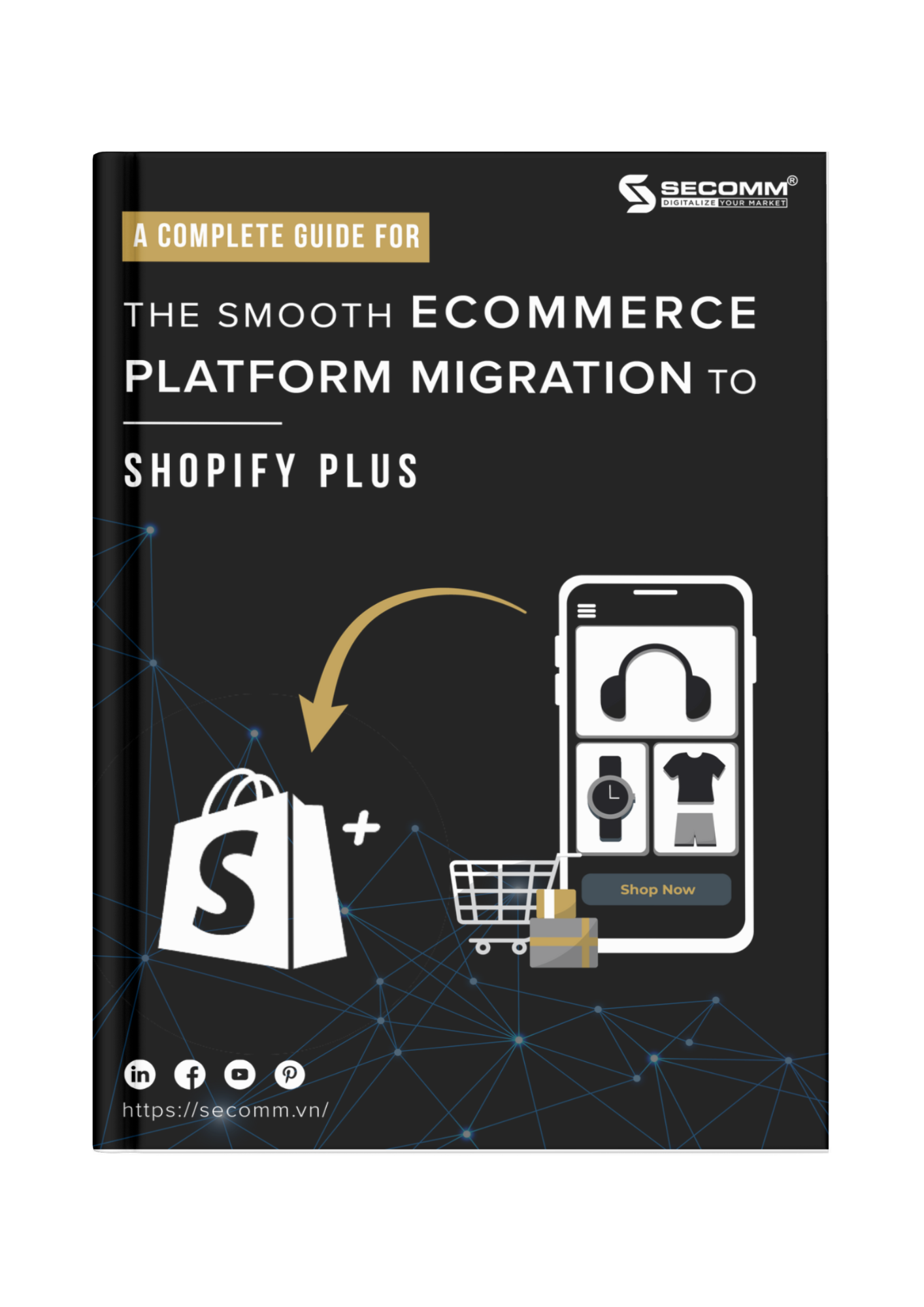



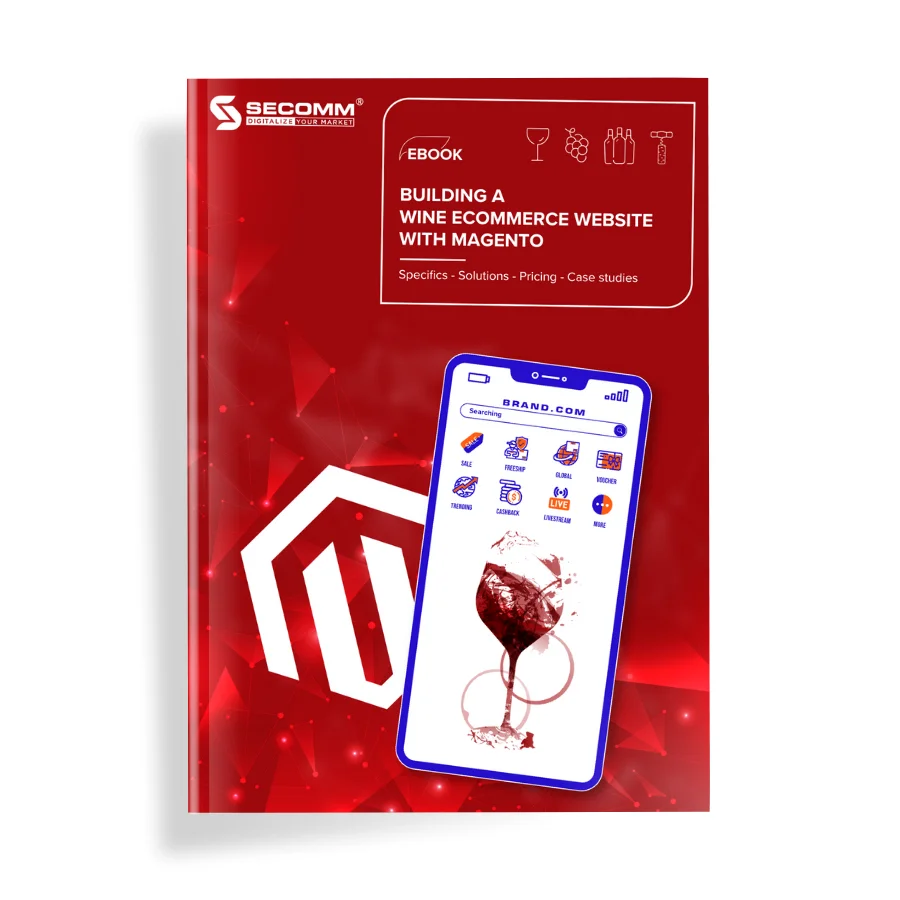
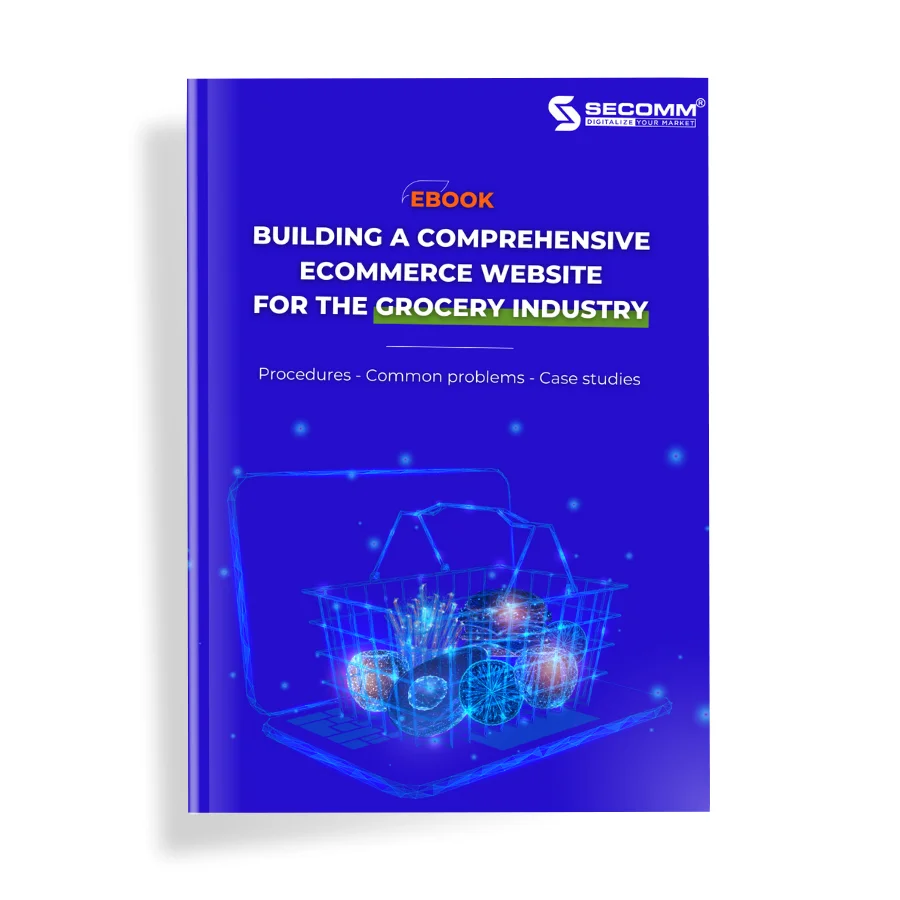
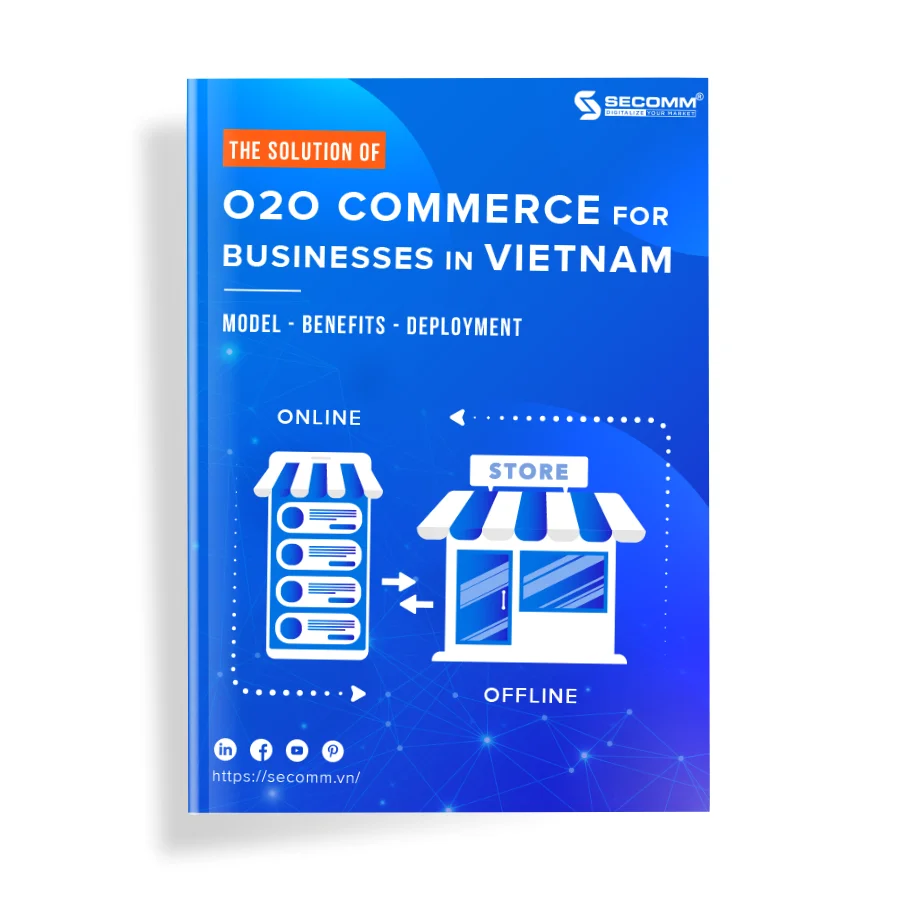
Comment (0)